Did you know your scrub pad is secretly plotting against the ocean? Spoiler: it is! Traditional scrub pads are made from plastic and can’t be recycled. This is because they contain high amounts of plastics that affect marine life.
It is estimated that around 12.7 million tonnes of plastic enter our oceans each year. This alarming statistic means that every minute, a truckload of plastic is deposited into marine waters. If these trends are not altered, projections indicate that by 2050, plastic will outnumber fish in our seas. Simply put, these pads break down into tiny plastic particles, turning our oceans into a plastic smoothie.
Subsequently, they also cause severe land pollution because most of the traditional scrubs are discarded in landfill dumps, and recycling companies do not accept them. They take time to decompose, causing both climate change and degradation of the local ecosystem.
For instance, in 2019, the production and incineration of plastic led to the emission of more than 850 million metric tons of greenhouse gases, as stated in The Center for International Environmental Law's report, Plastic & Climate: The Hidden Costs of a Plastic Planet. But here’s a scrub-tastic hero: the coconut husk scrub!
It’s 100% natural, biodegradable, and compostable—the Superman of scrubbers. This is a lifesaver for reducing plastic pollution in both water and land. Made with natural coconut fibres they are both a healthy and eco-friendly option gifted by Mother Nature. This post will explain the benefits of coconut scrubs made with coconut coirs!
Introduction to Coconut Scrubs
Coconut scrubs are made from coconut coir. They are nothing but the husk or the natural fibres that are huddled between the outer cost and the hard inner shell of the coconut. Its name comes from the Dravidian Tamil word “kayar”. These brown fibres are the raw materials that are processed to make the scrub pads.
They are procured exclusively from matured coconuts at the point when the nutritious layer surrounding the seed is ready for processing into desiccated coconut and copra. Advanced machinery is now available to crush the entire coconut, producing loose fibres at a rate of up to 2,000 coconuts per hour.
After being extracted, it is submerged in water for a few weeks to loosen and soften. The husk is then dried, brushed, and spun into a fibre-like material that is incredibly strong to withstand stretching or compressing without sustaining damage.
-
Uses of Coco Coir
Extracted from unripe coconuts, white coco coir is employed in crafting ropes, fine brushes, upholstery, mattresses, and fishnets. Conversely, brown coco coir, procured from the ripe coconuts, is pressed to manufacture pots, mats, and circular scrubbers for cleaning countertops and utensils.
They serve as preferable substitutes for plastic scrubbers in the kitchen because they are inherently anti-microbial, non-toxic, and can be reused as an organic planting medium when they start to deteriorate.
Advantages of Using Coconut Husk Scrubbers
-
Guaranteed Comfort
The widespread technique for making a coconut scrubber involves using loose coconut fibers and sewing them together with cotton thread. This adds to its durability and comfort.
-
Good Water Retention
These scrubbers can absorb moisture well beyond their weight, resulting in expansion and a softer, easier-to-manage texture. Furthermore, they are efficient in soap usage because they generously create lather.
-
No Moulds or Foul Smell
When rinsed and kept in a dry place after each use, these scrubbers do not clump or release bad odours. Additionally, its anti-microbial features annihilate the growth of viruses and bacteria that affect the scrubber’s overall hygiene. However, if the scrubber changes in colour, consider discarding it.
-
Leaves No Trace of the Toughest Stains
The trick of the trade in manufacturing a coconut husk scrub is that they are bonded with biodegradable and non-toxic adhesives that are durable to eliminate the toughest stain without affecting the non-stick cookware’s surface. Therefore, do not be hesitant to buy it just because of its abrasive appearance.
-
Cost- Effective
Most of Brown Livings’ scrub pads start at a price range from ₹240 wherein each pack contains 6 scrubs, making them a highly affordable and practical option. You can purchase them at our official website. Moreover, you can even use them as fertilizers so that nothing of the product goes to waste.
Conclusion
Once regarded as waste, coconut coir is now repurposed for creating sustainable cleaning options and a range of versatile products. Embrace coconut coir scrubbers to promote a plastic-free and safe environment. Even better, you can find a wide range of products in Brown Living made from these fibres that are worth your investment. Don’t miss this opportunity!
Check out Coconut Husk Scrub:

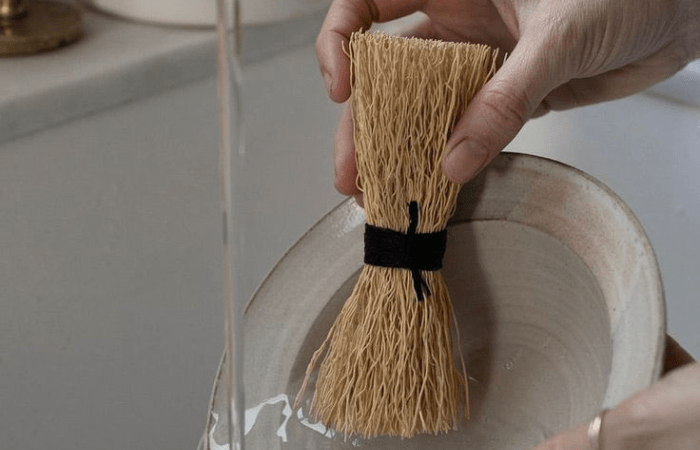
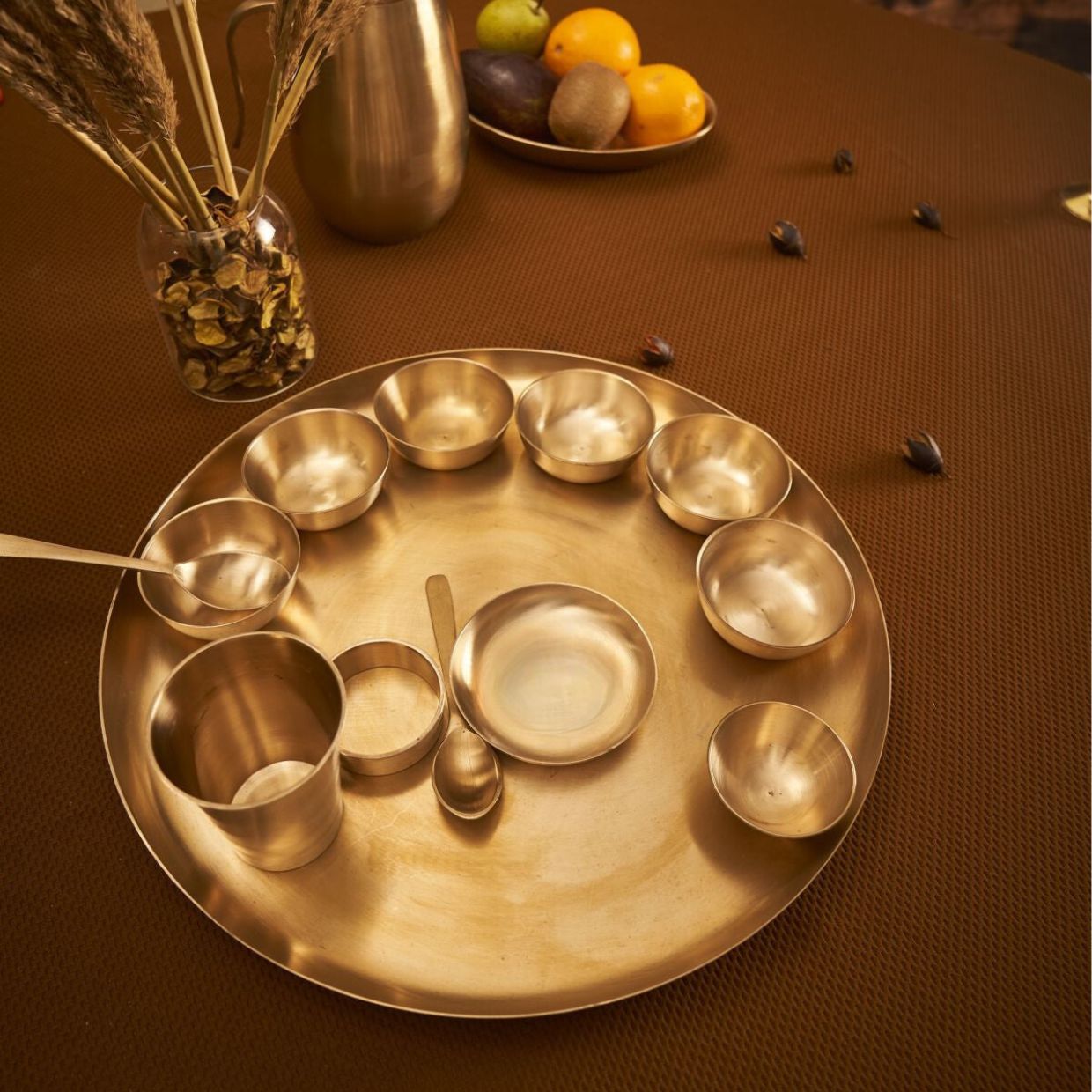
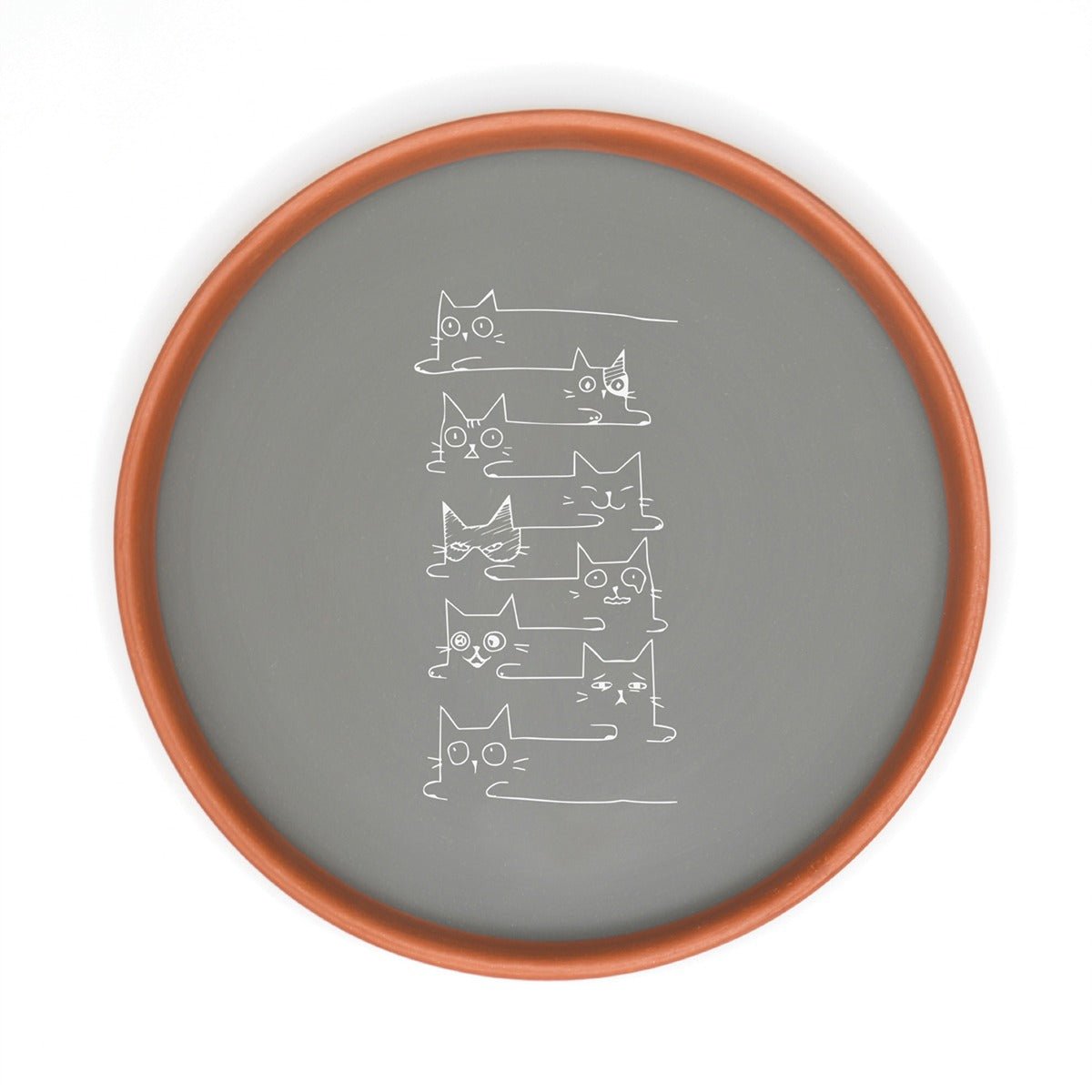
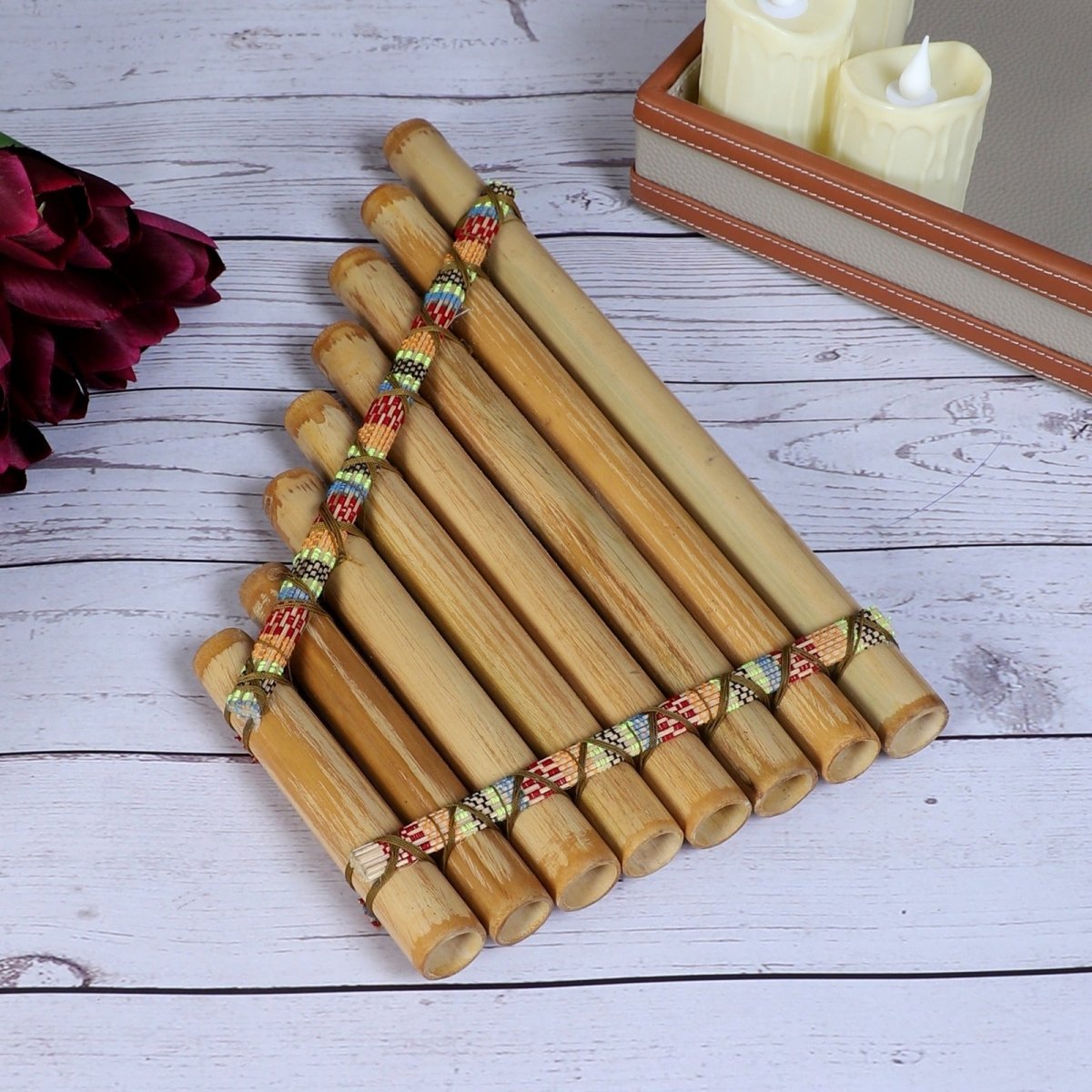

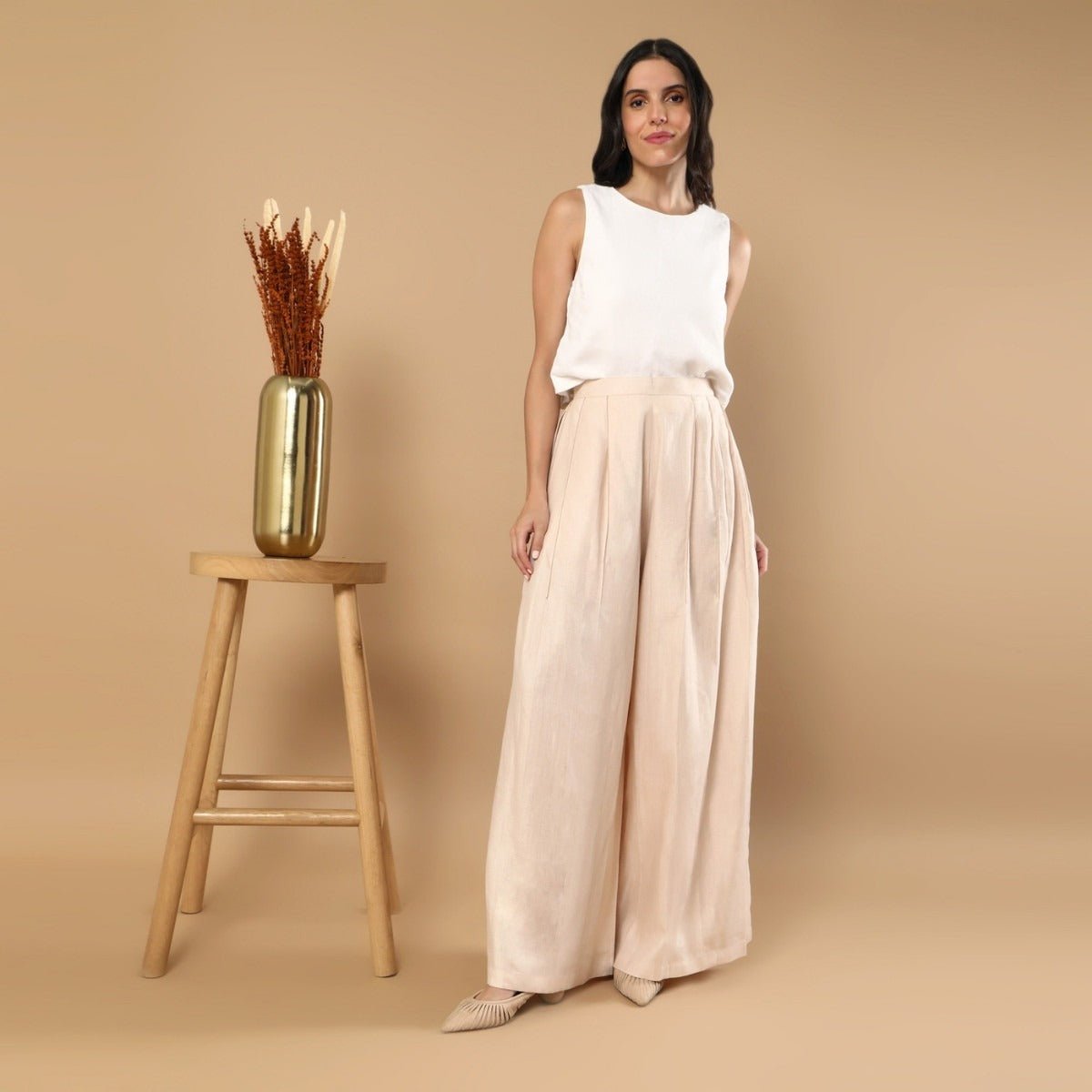
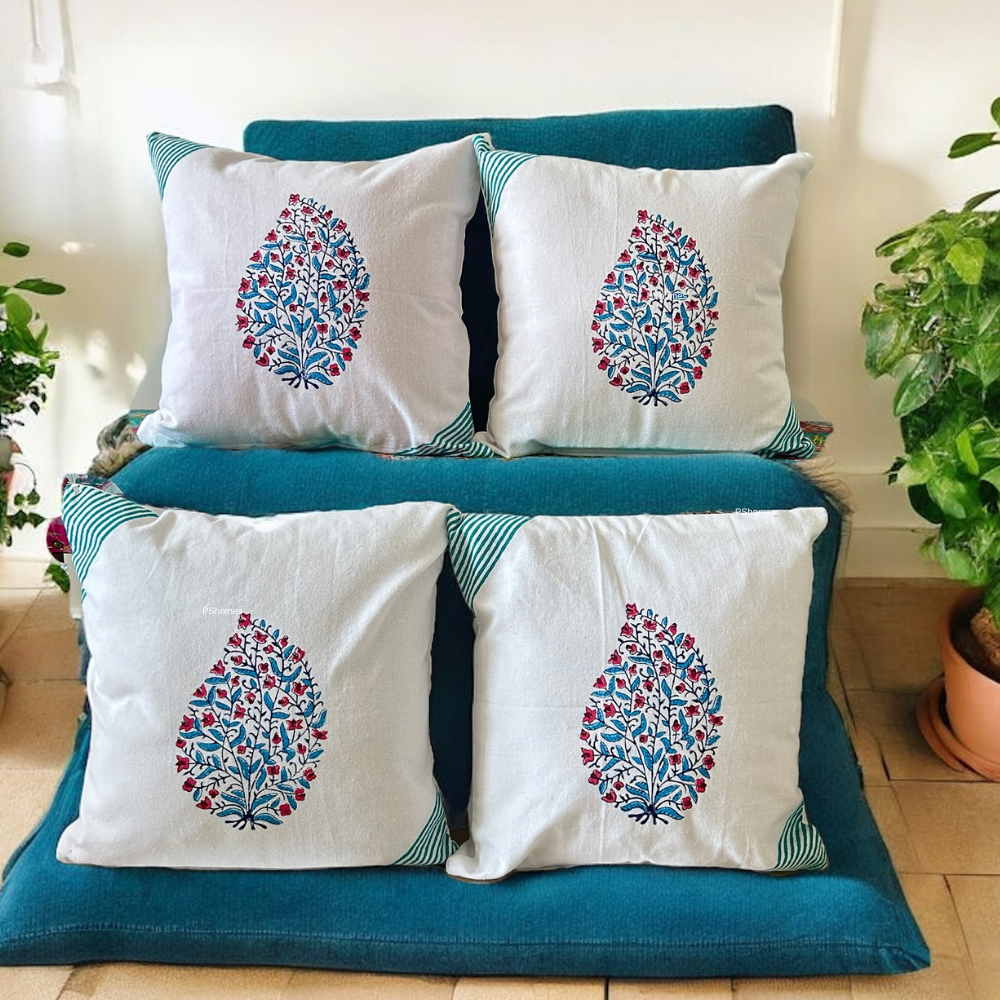
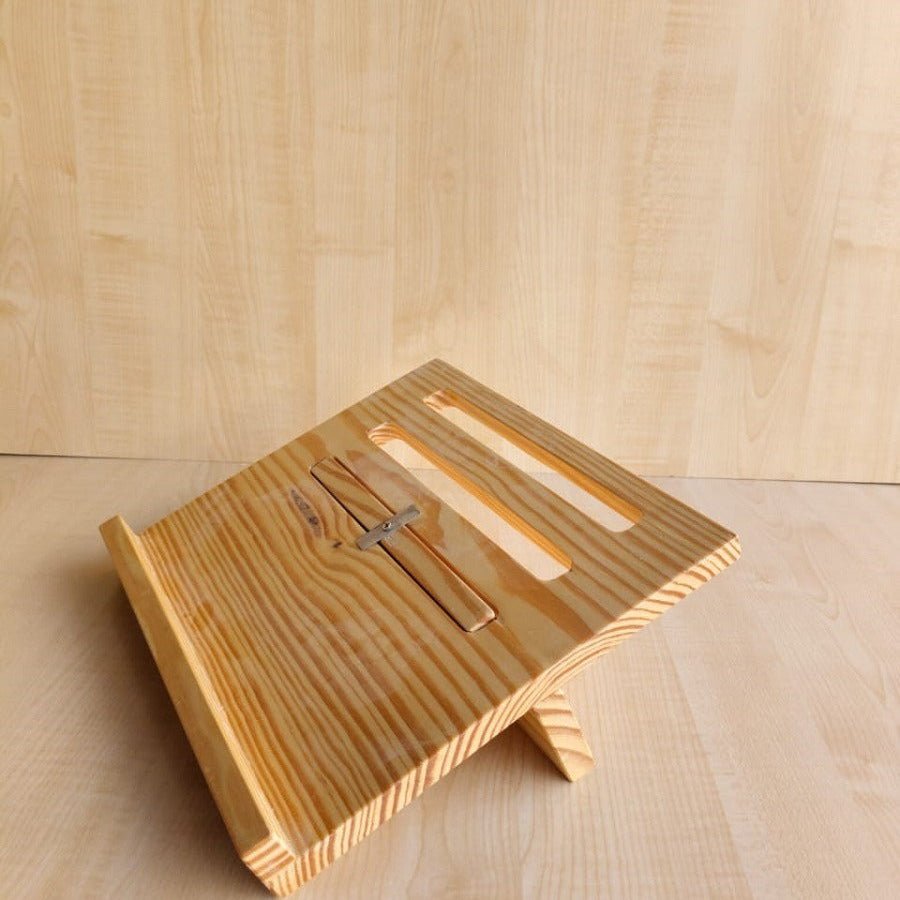
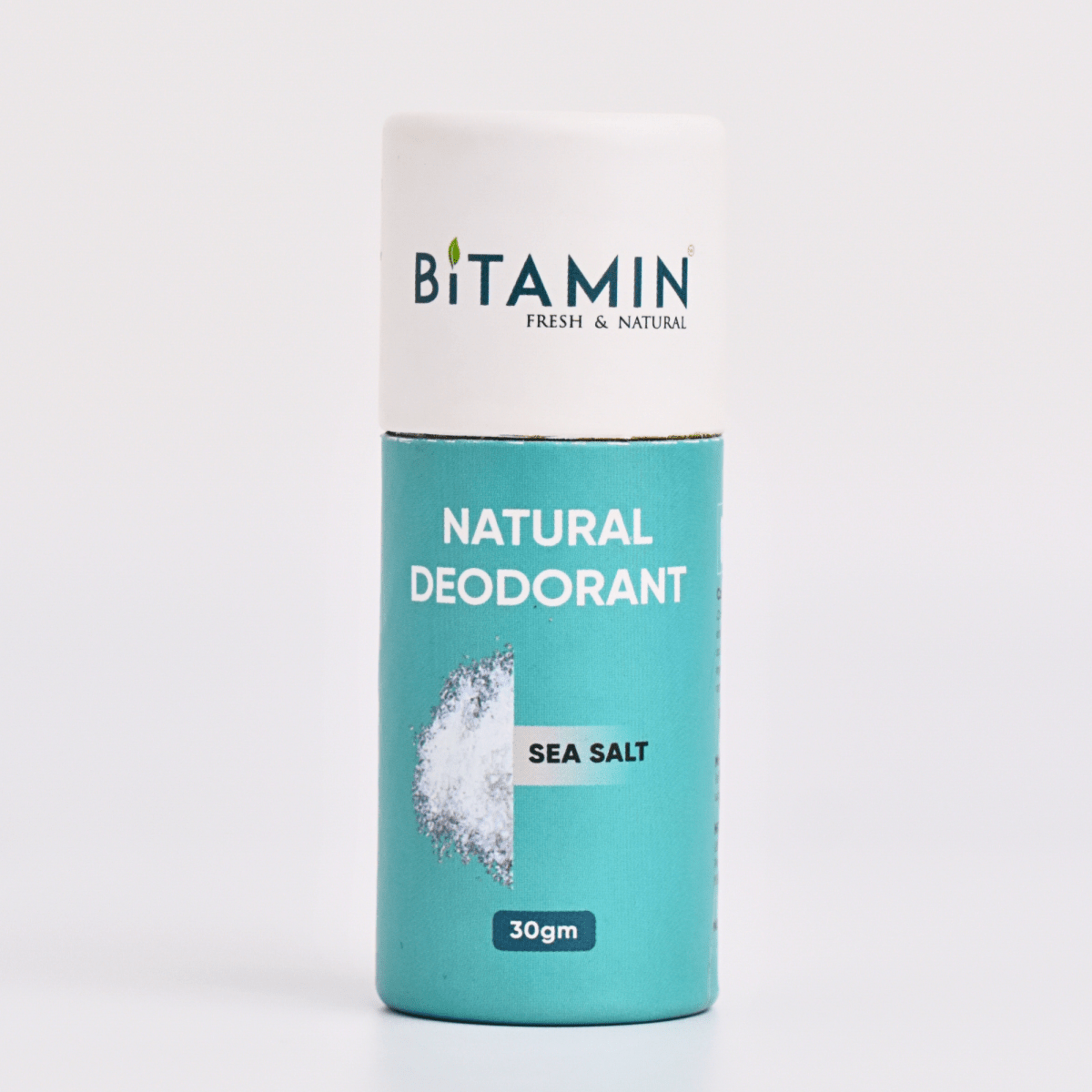
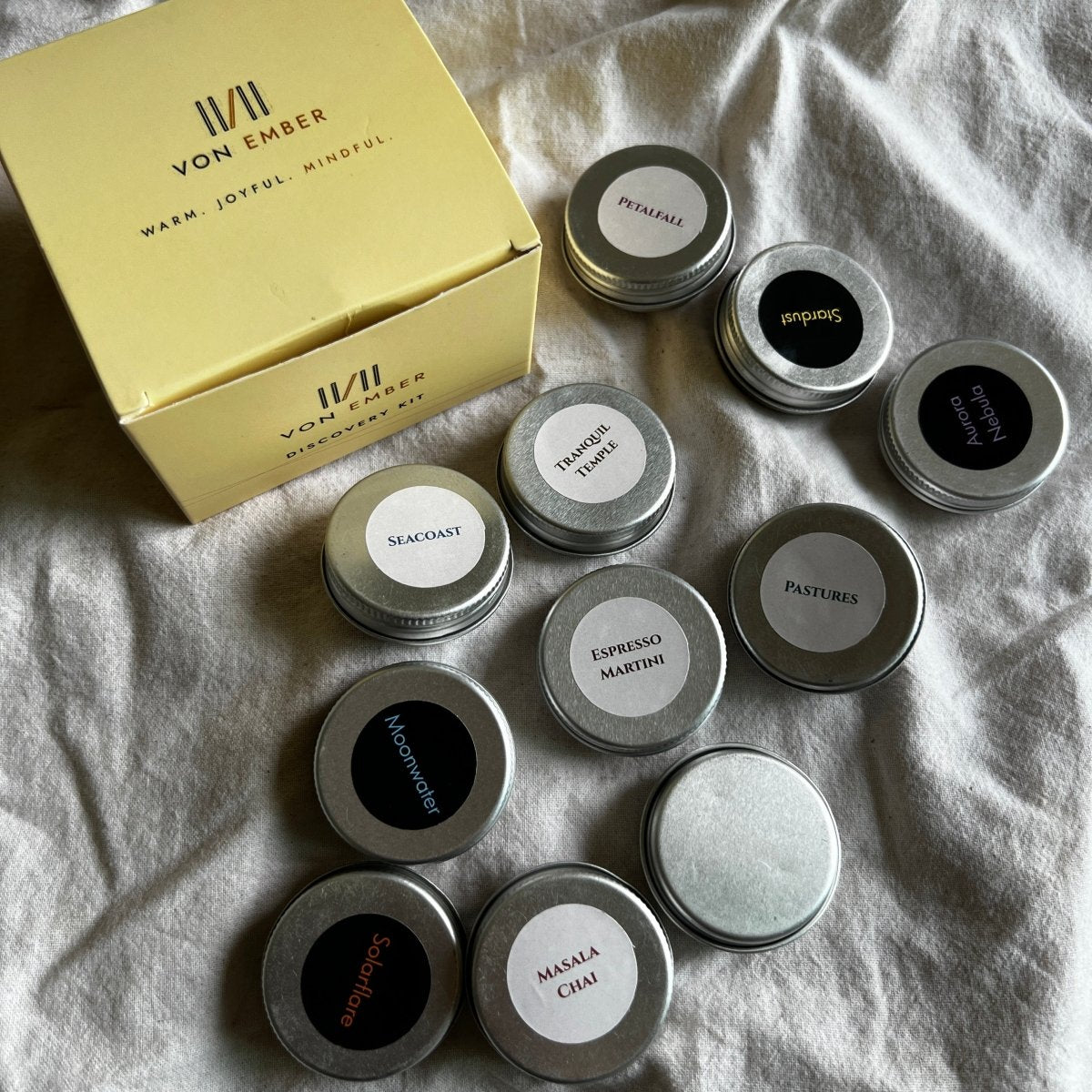
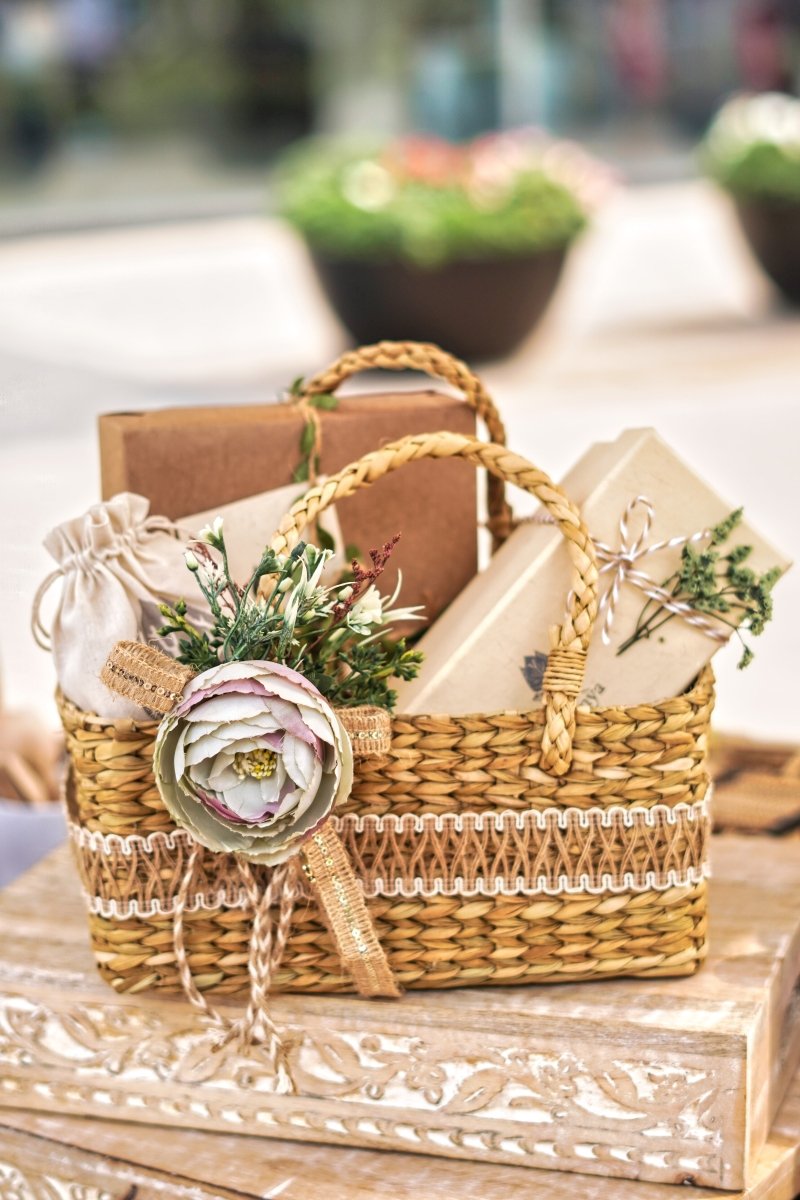
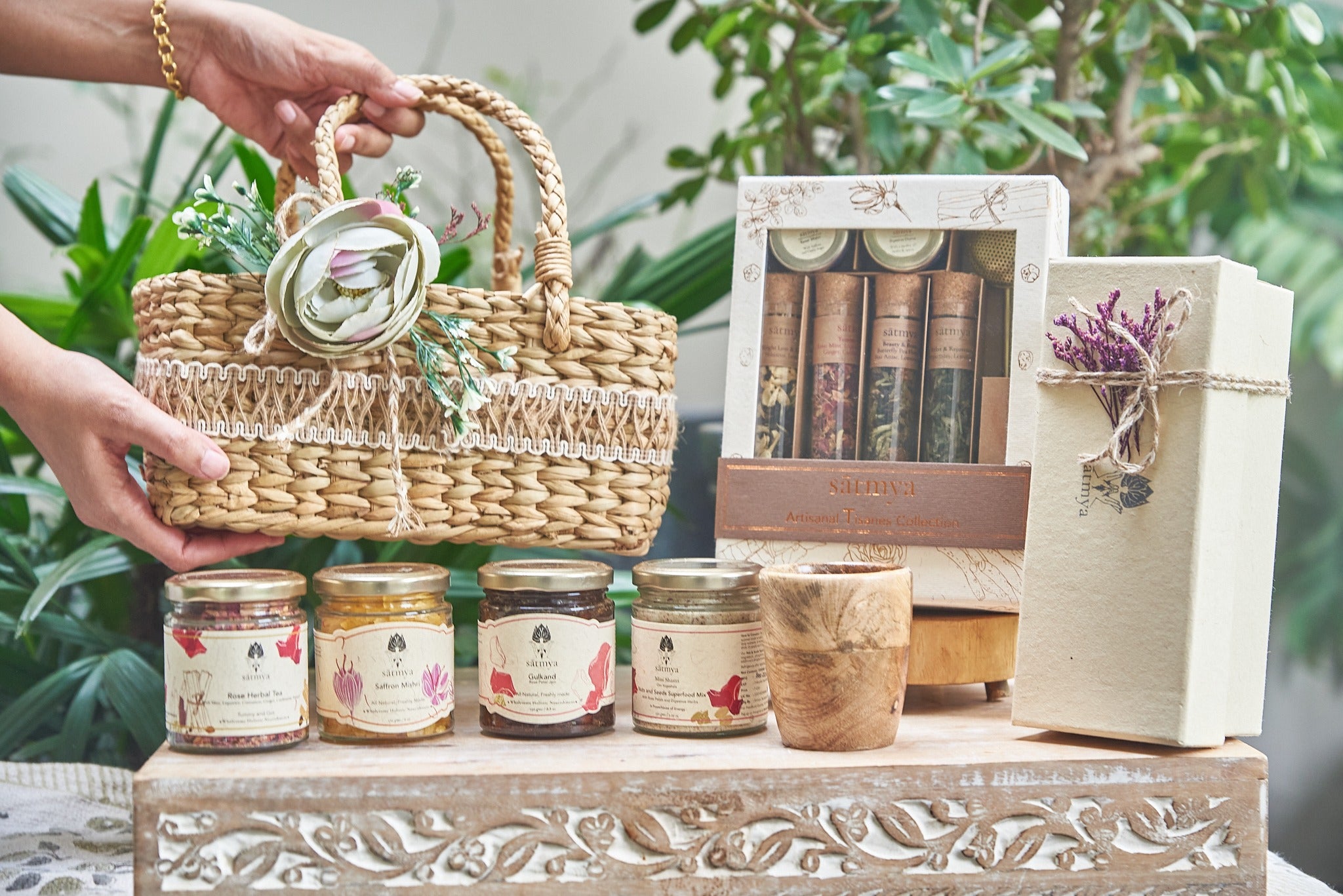
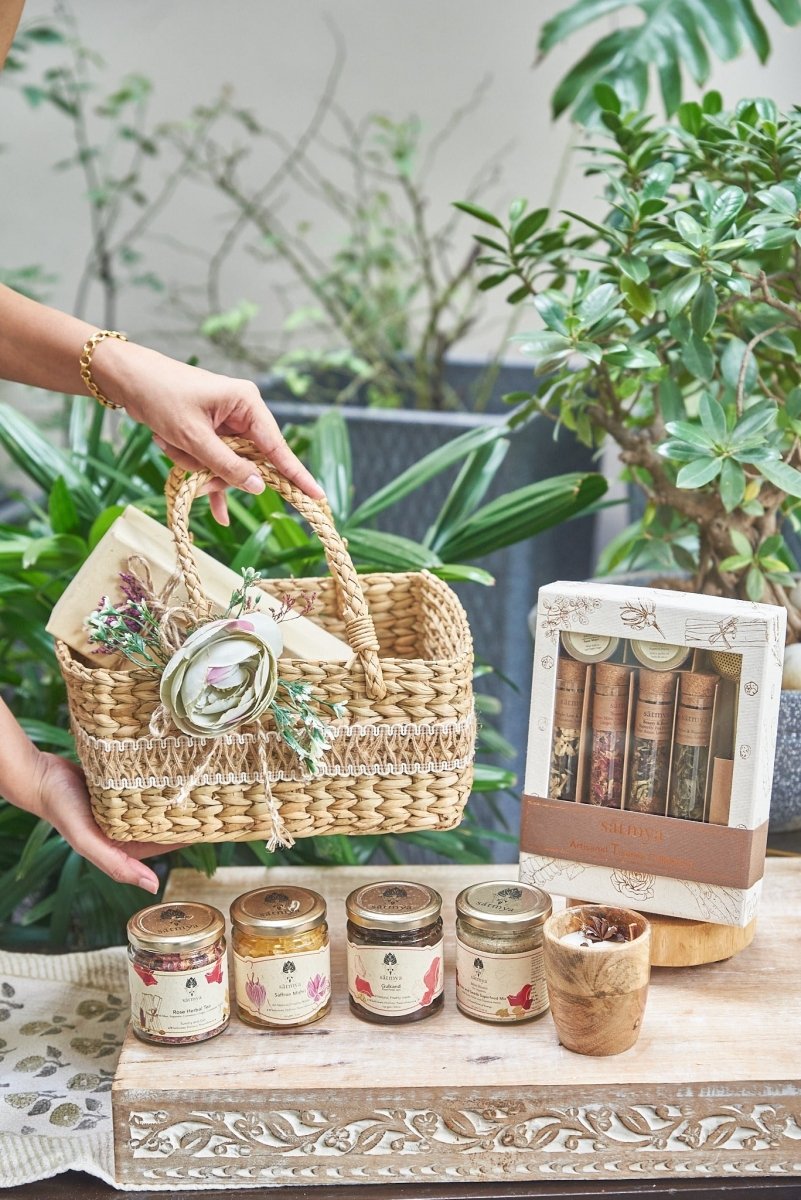
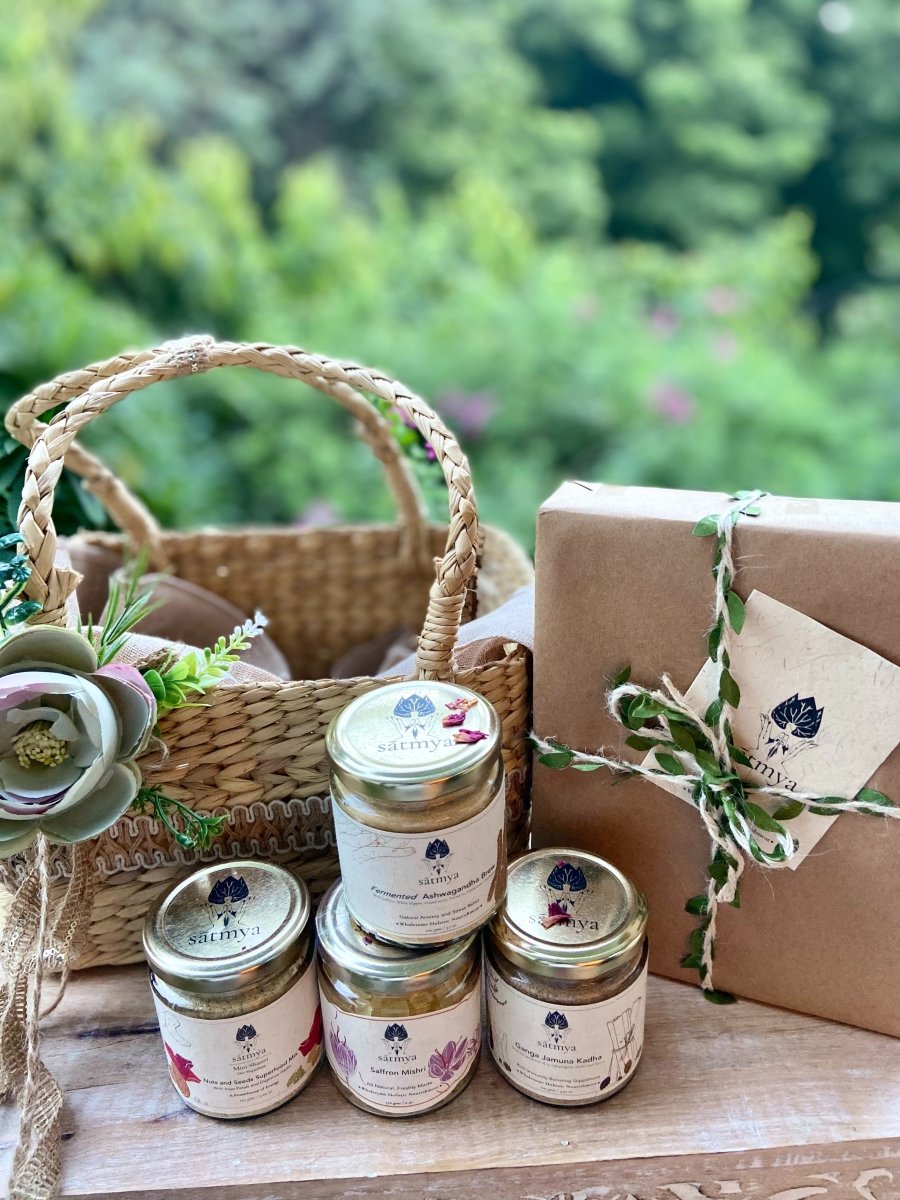
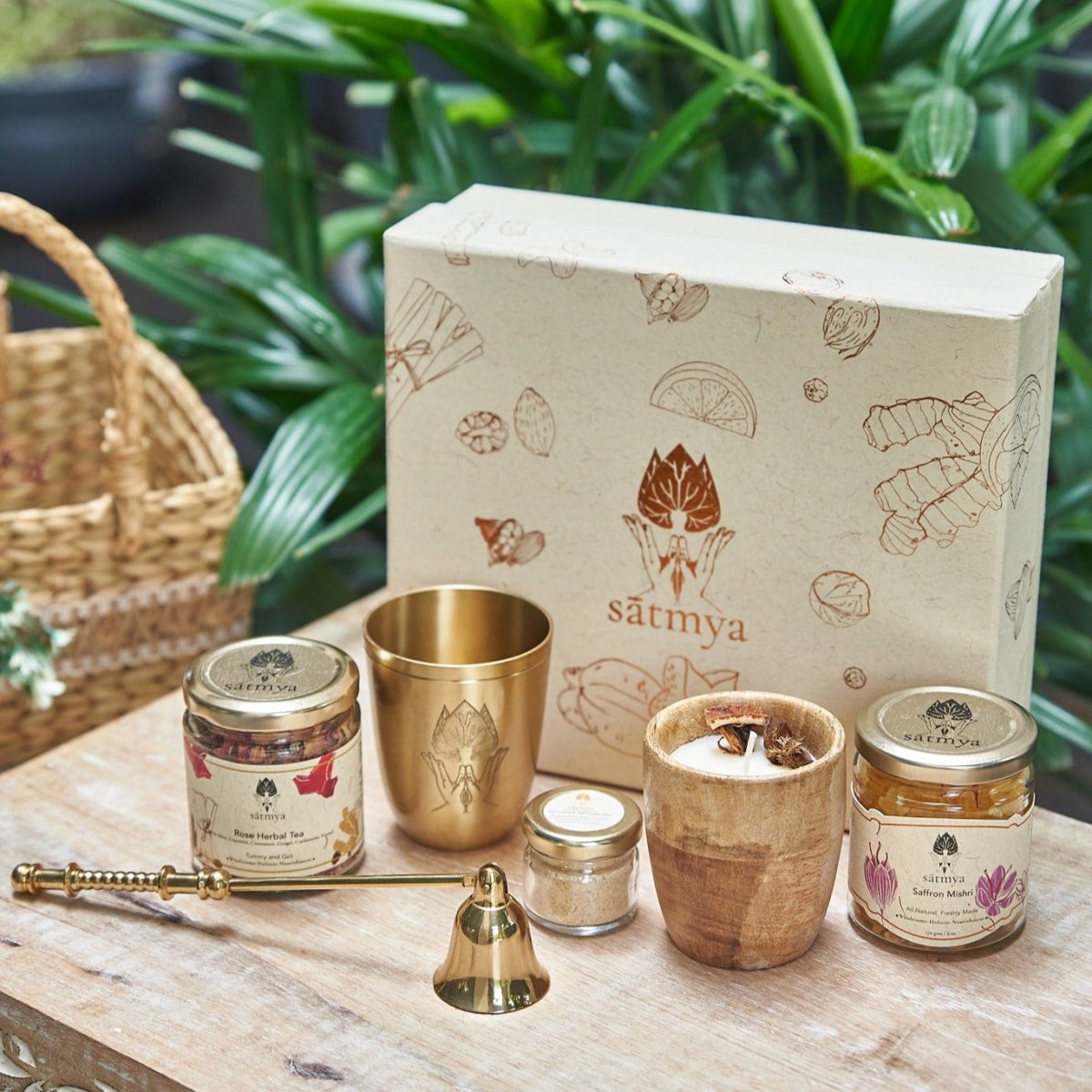
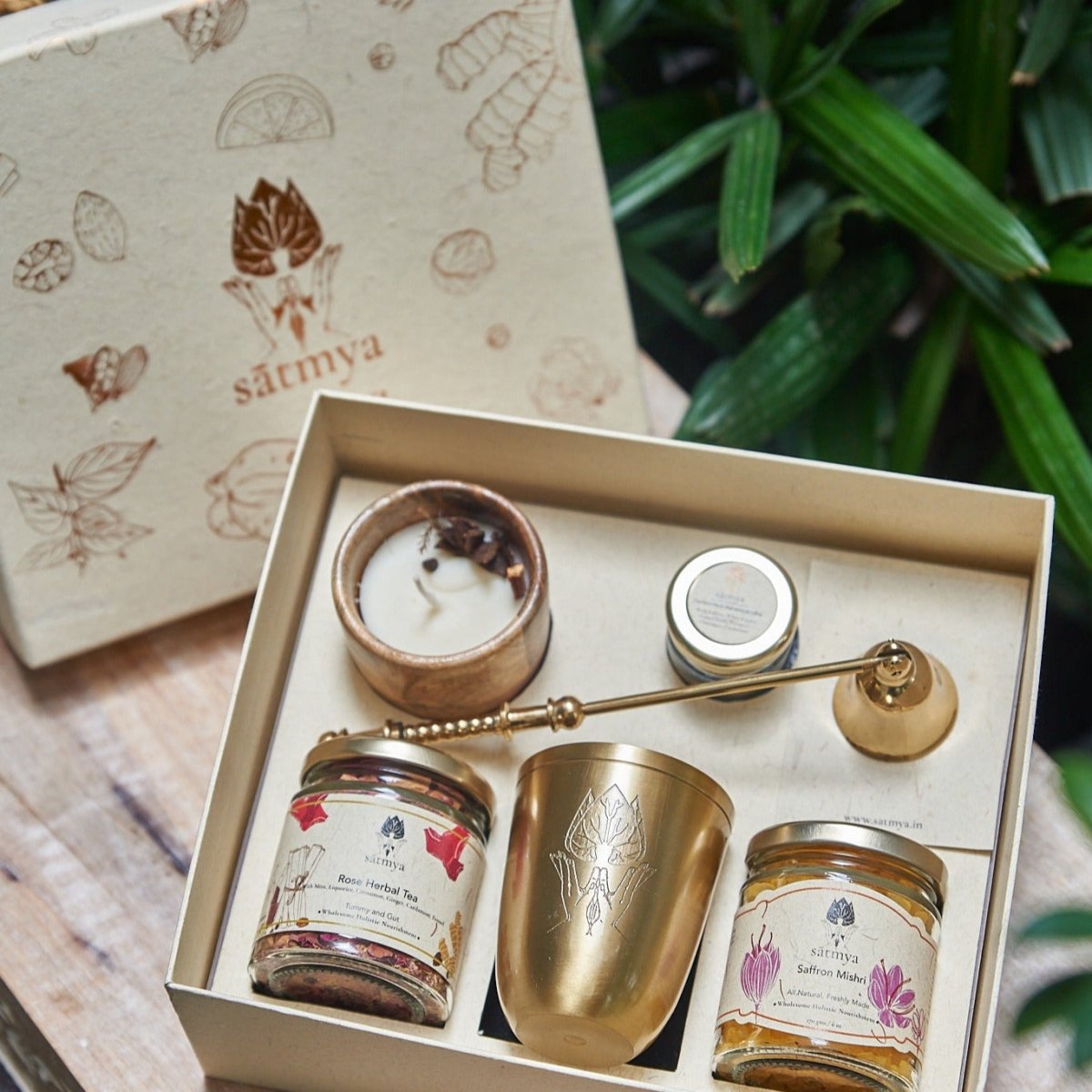
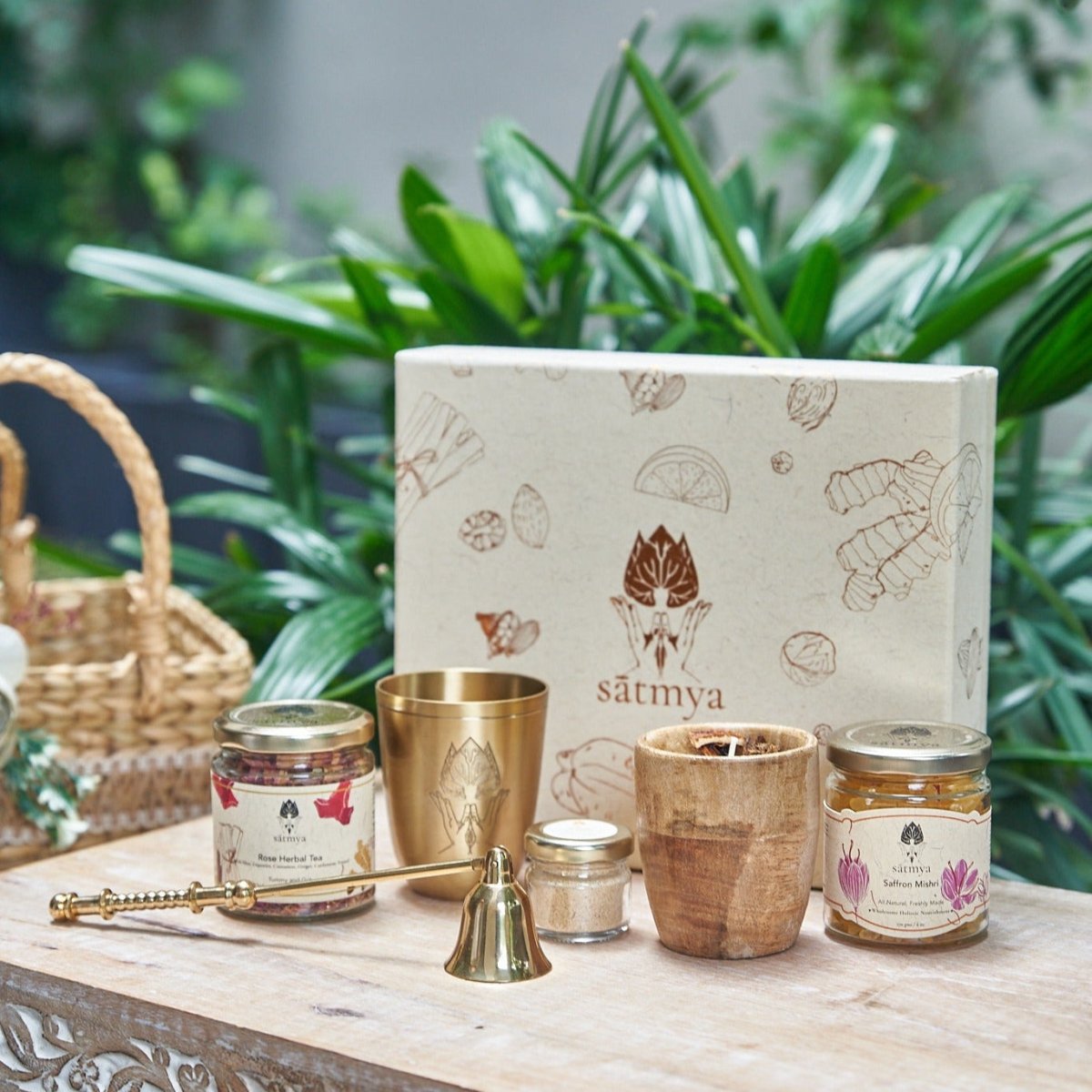
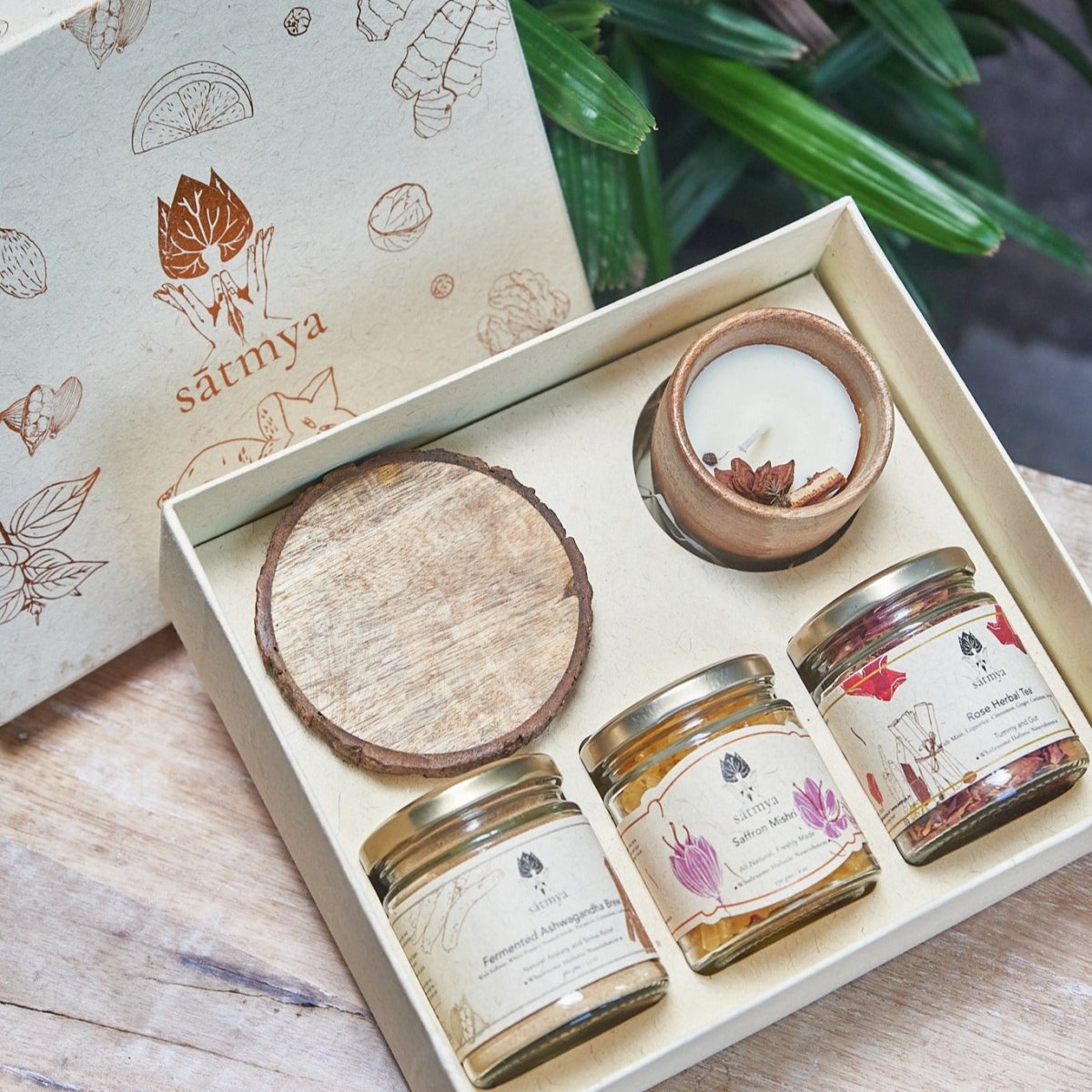
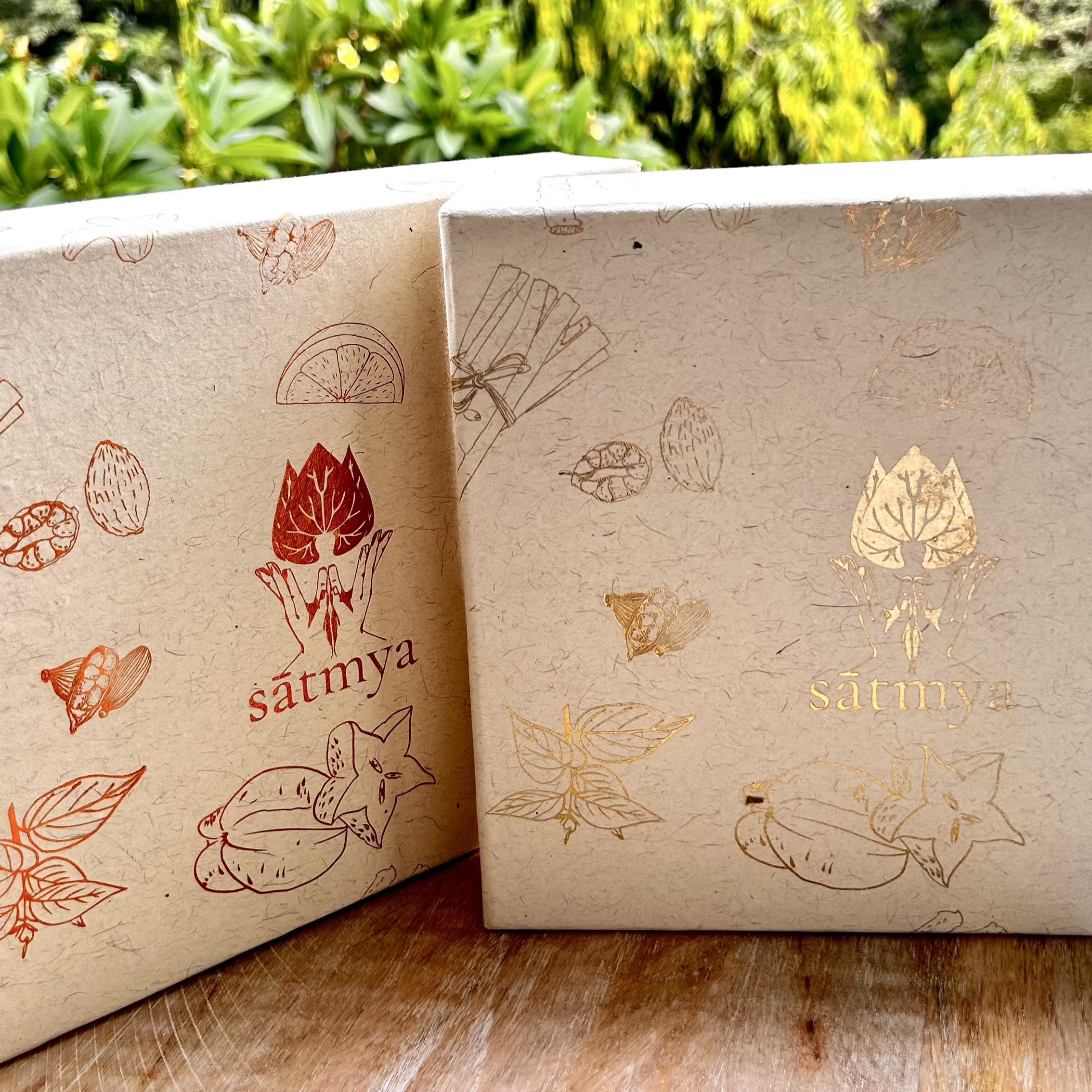
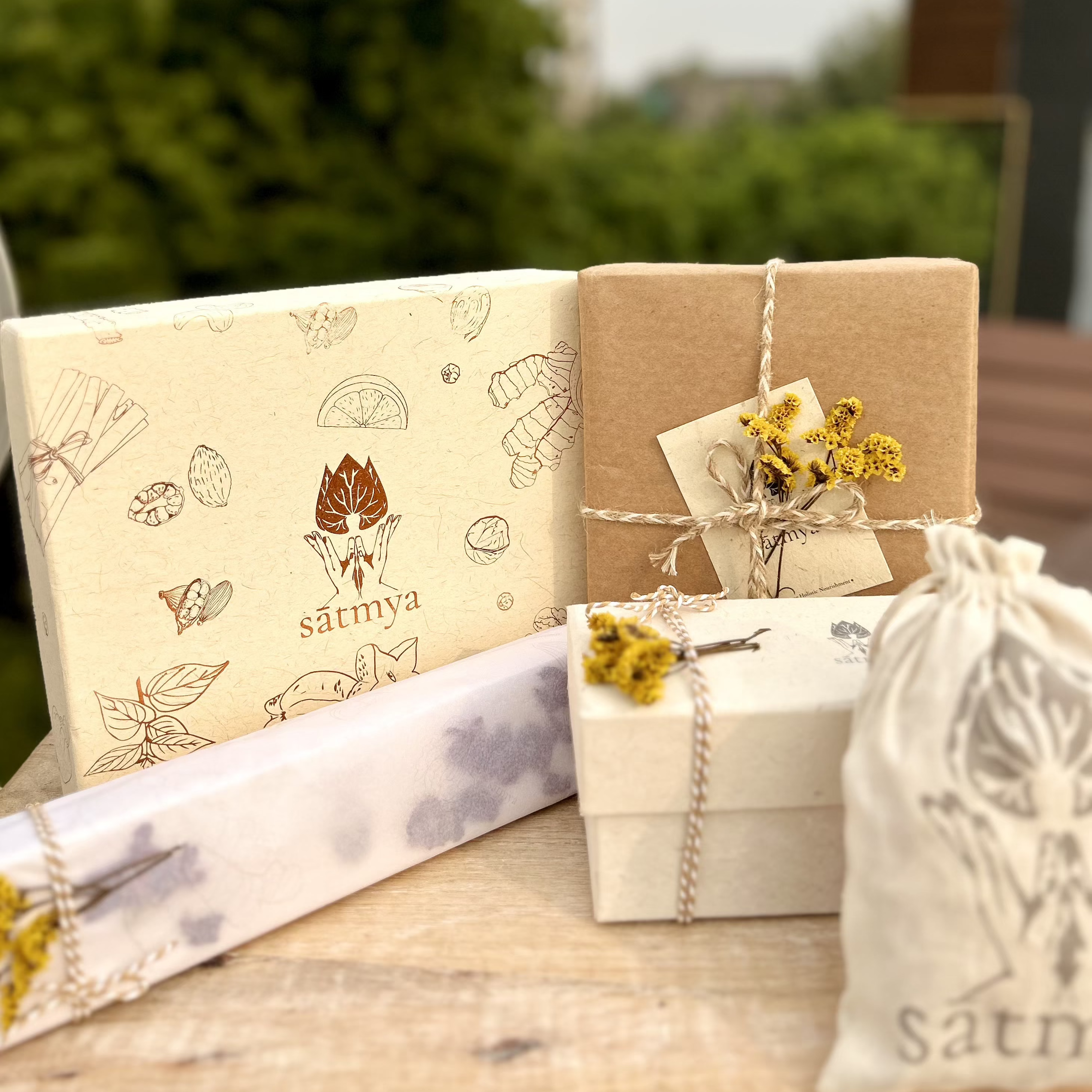
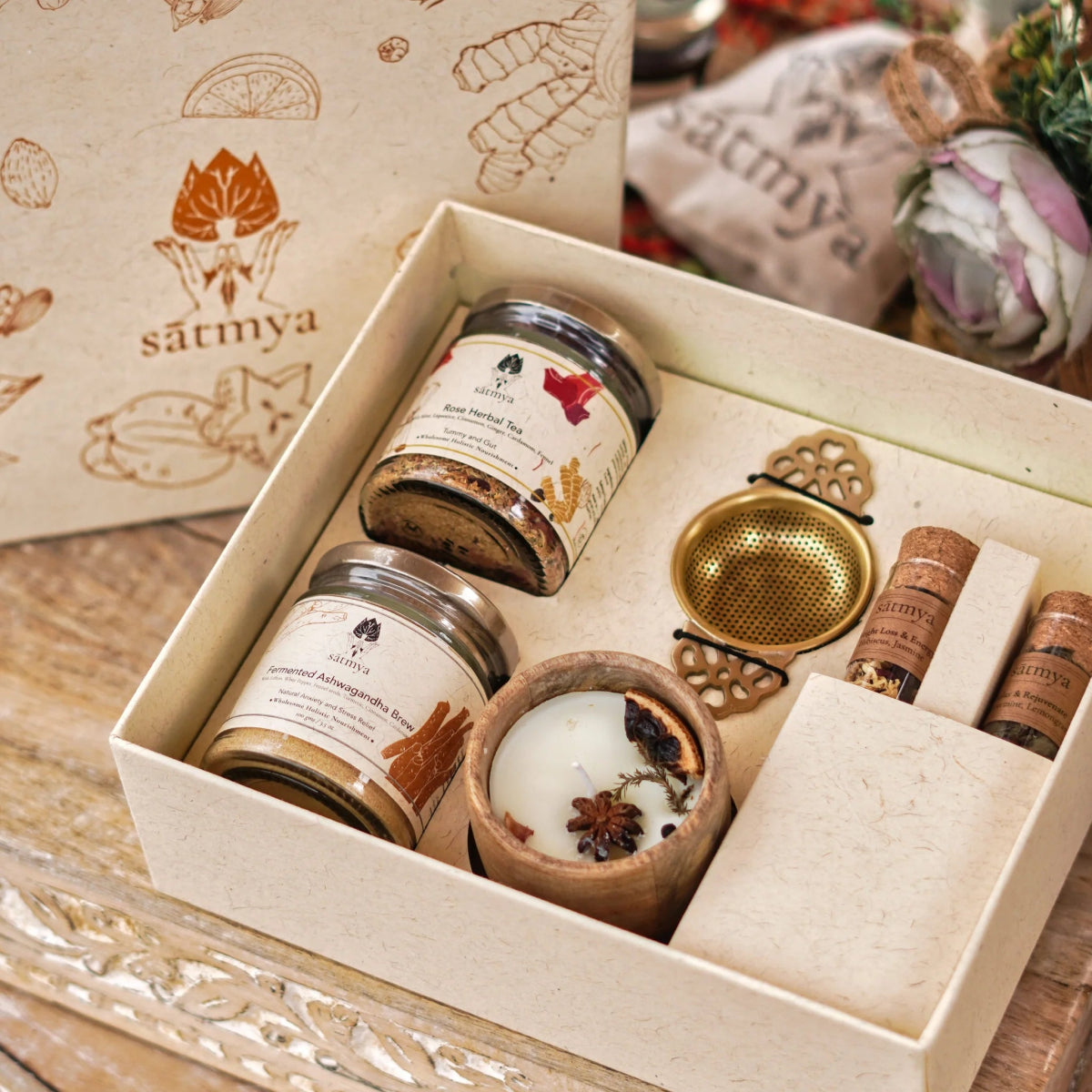
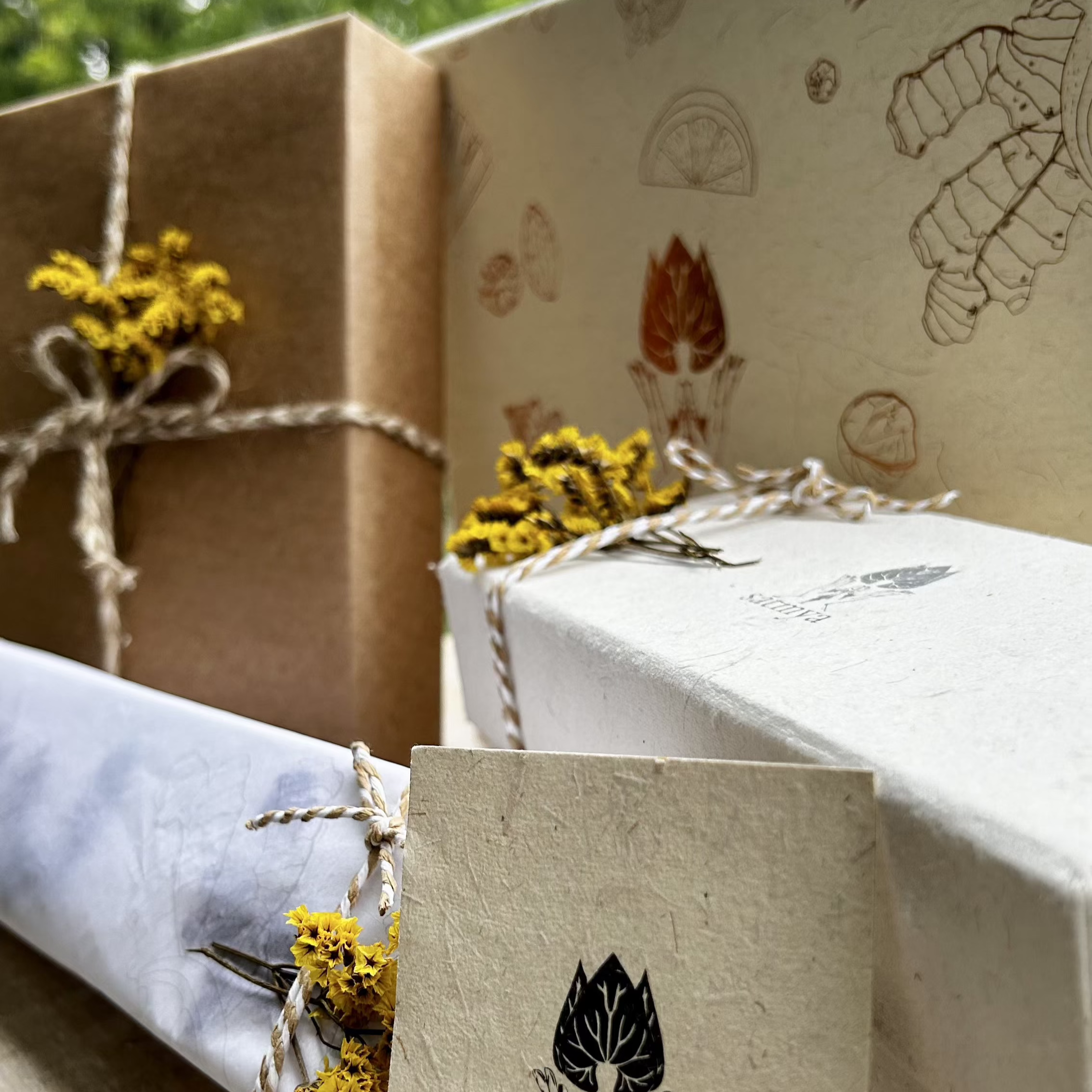
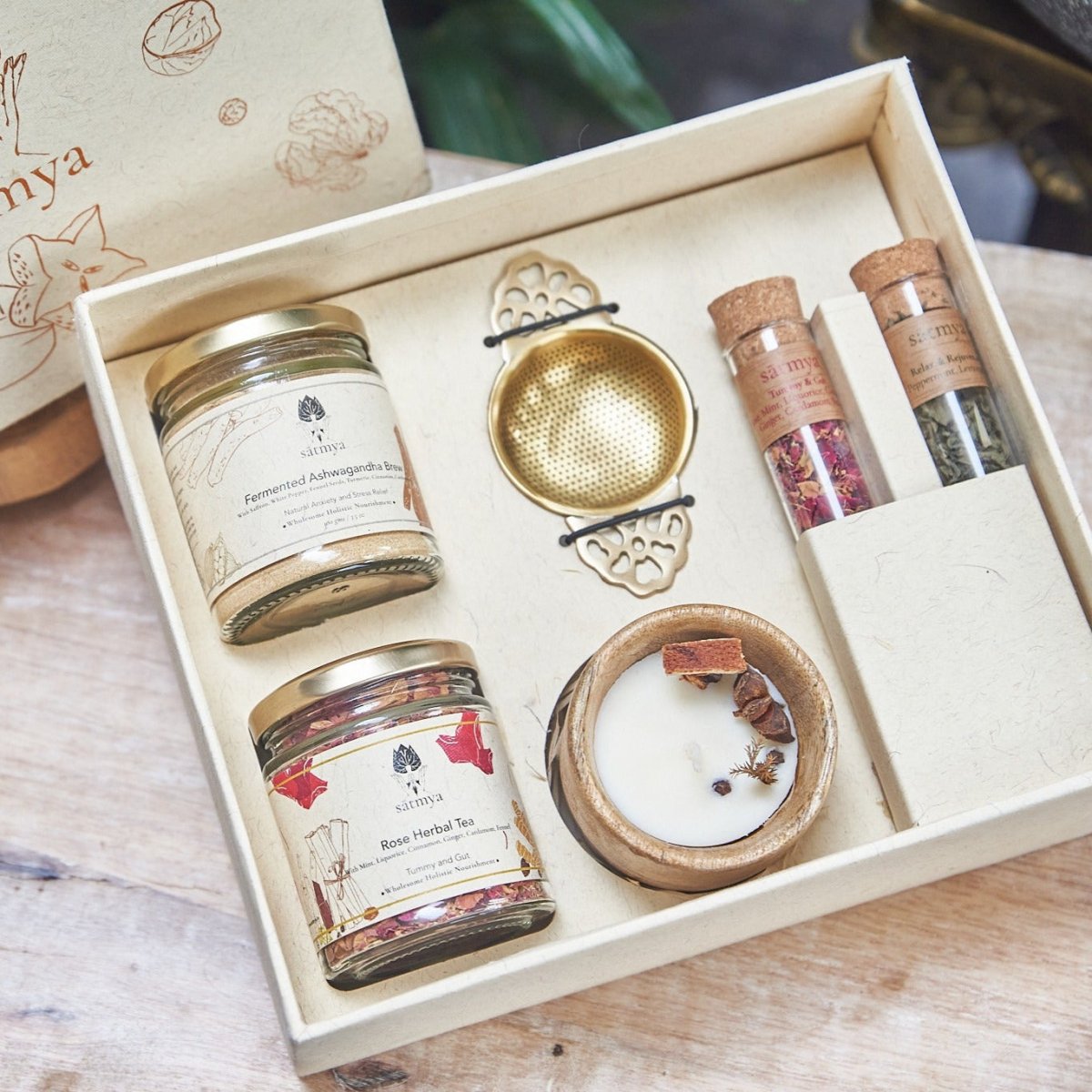
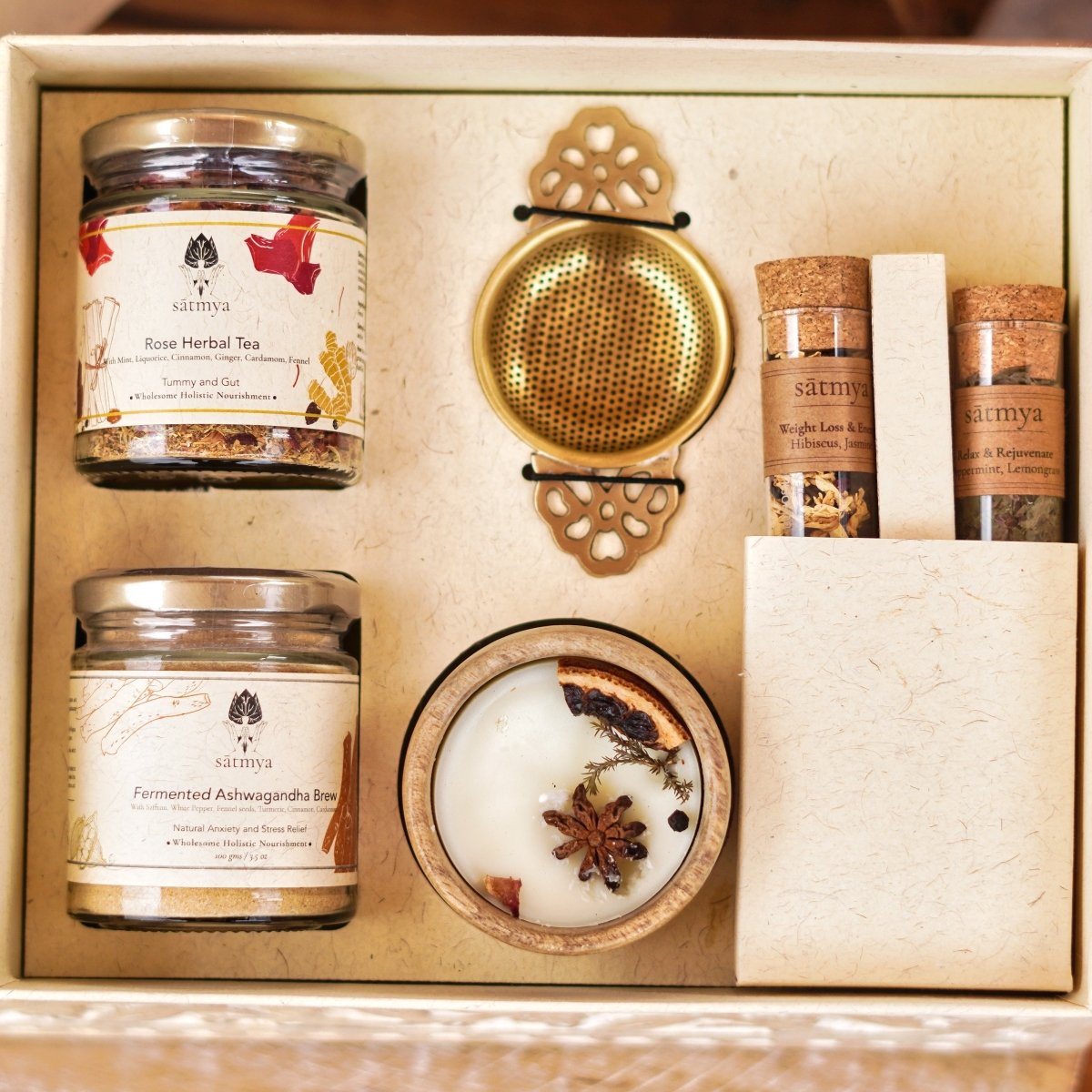
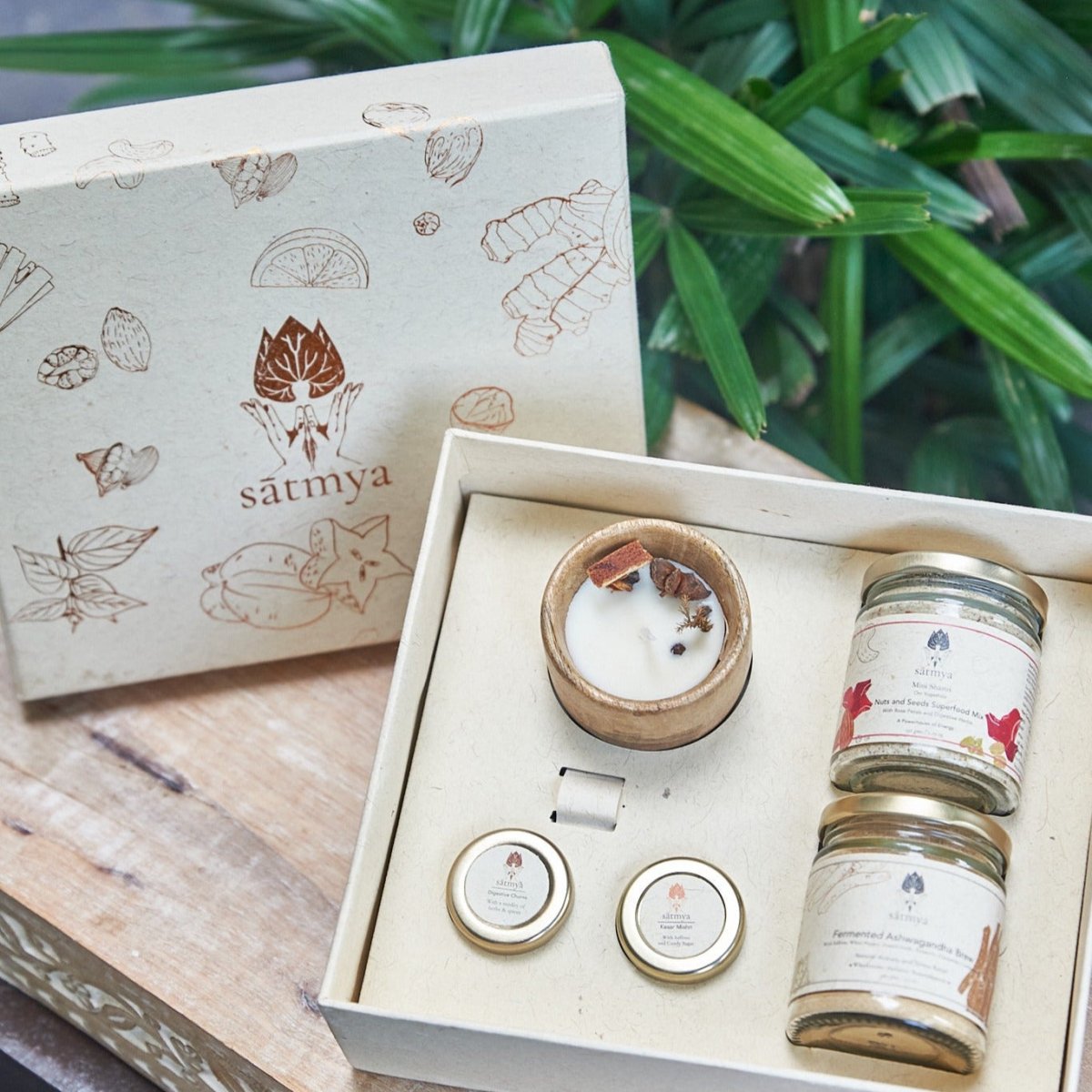
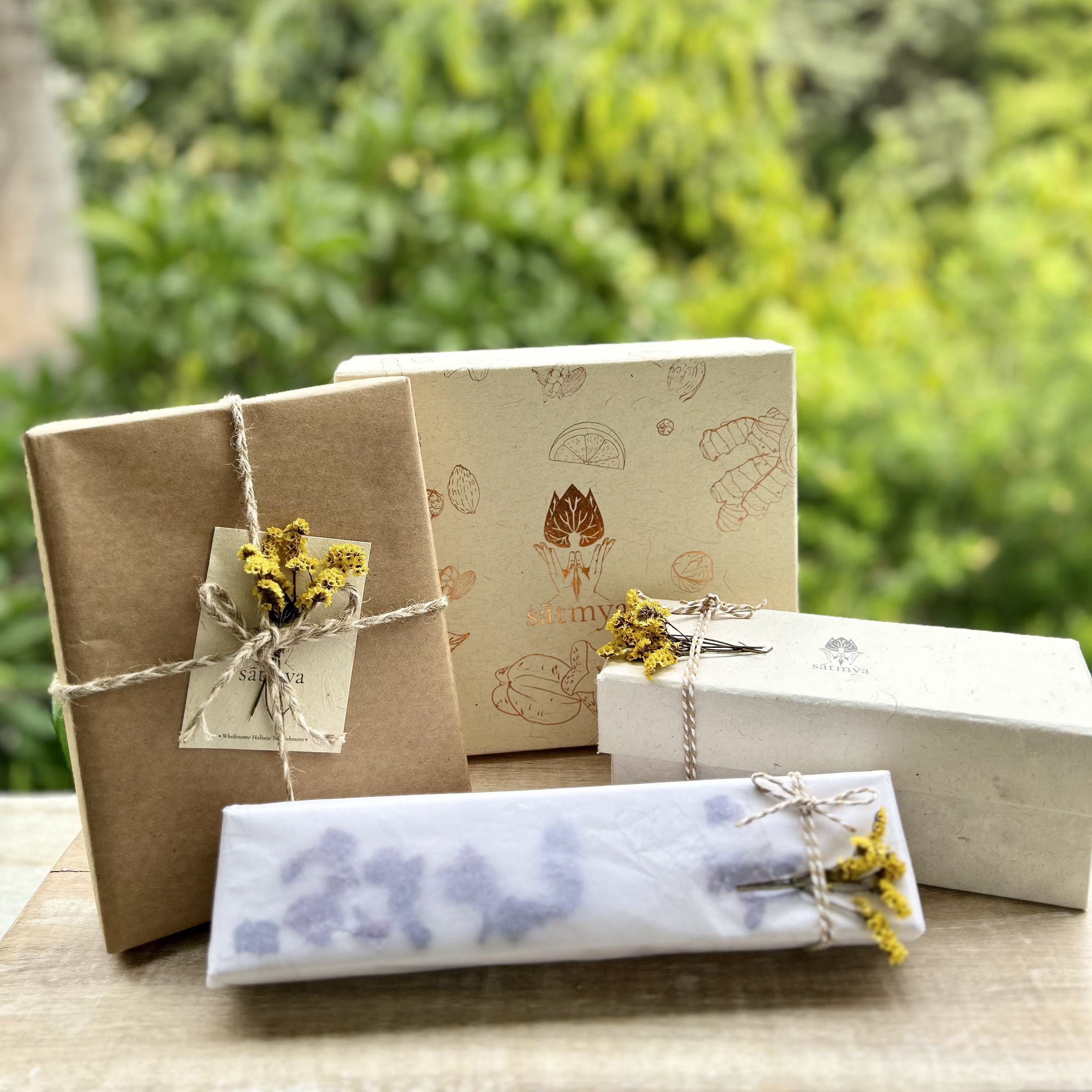
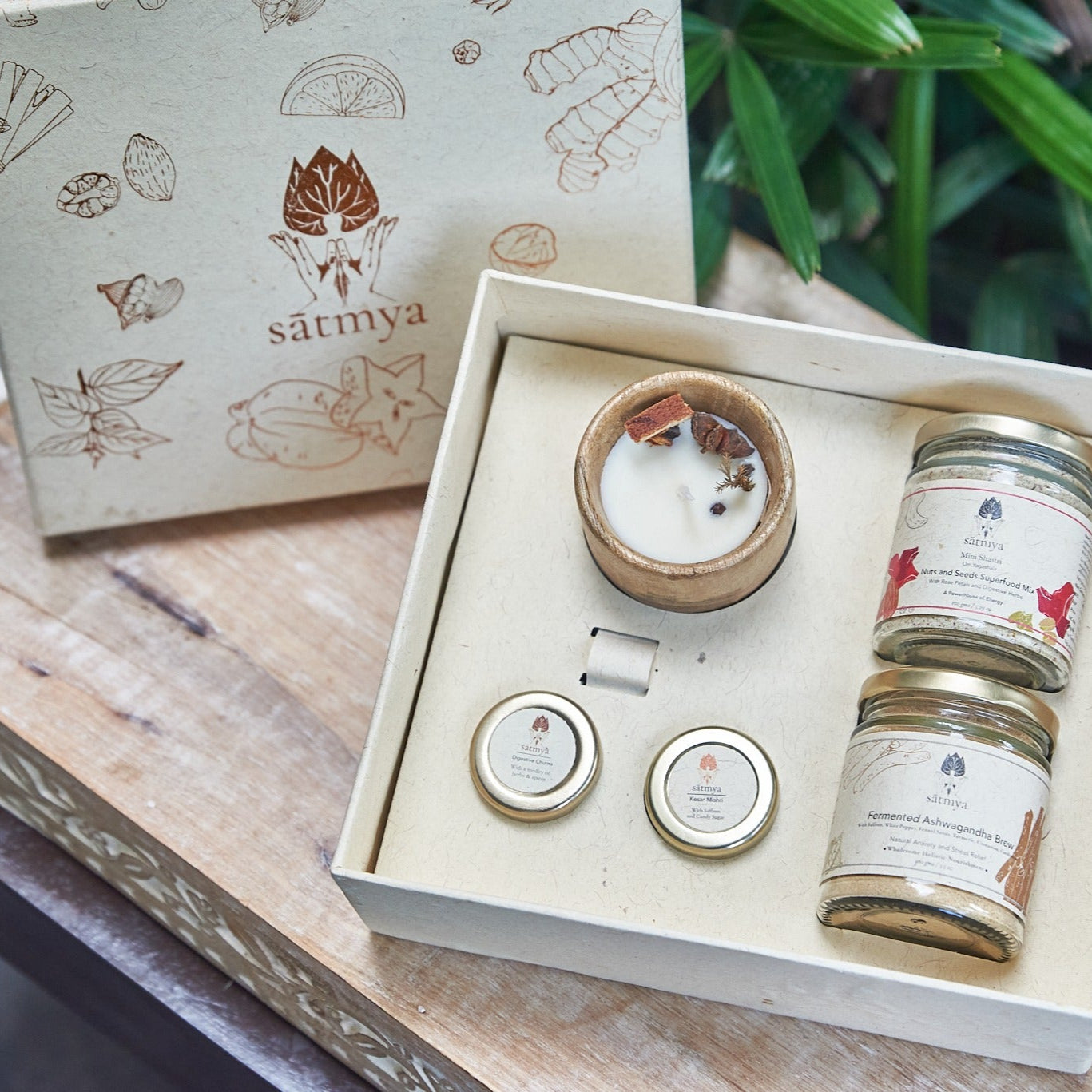
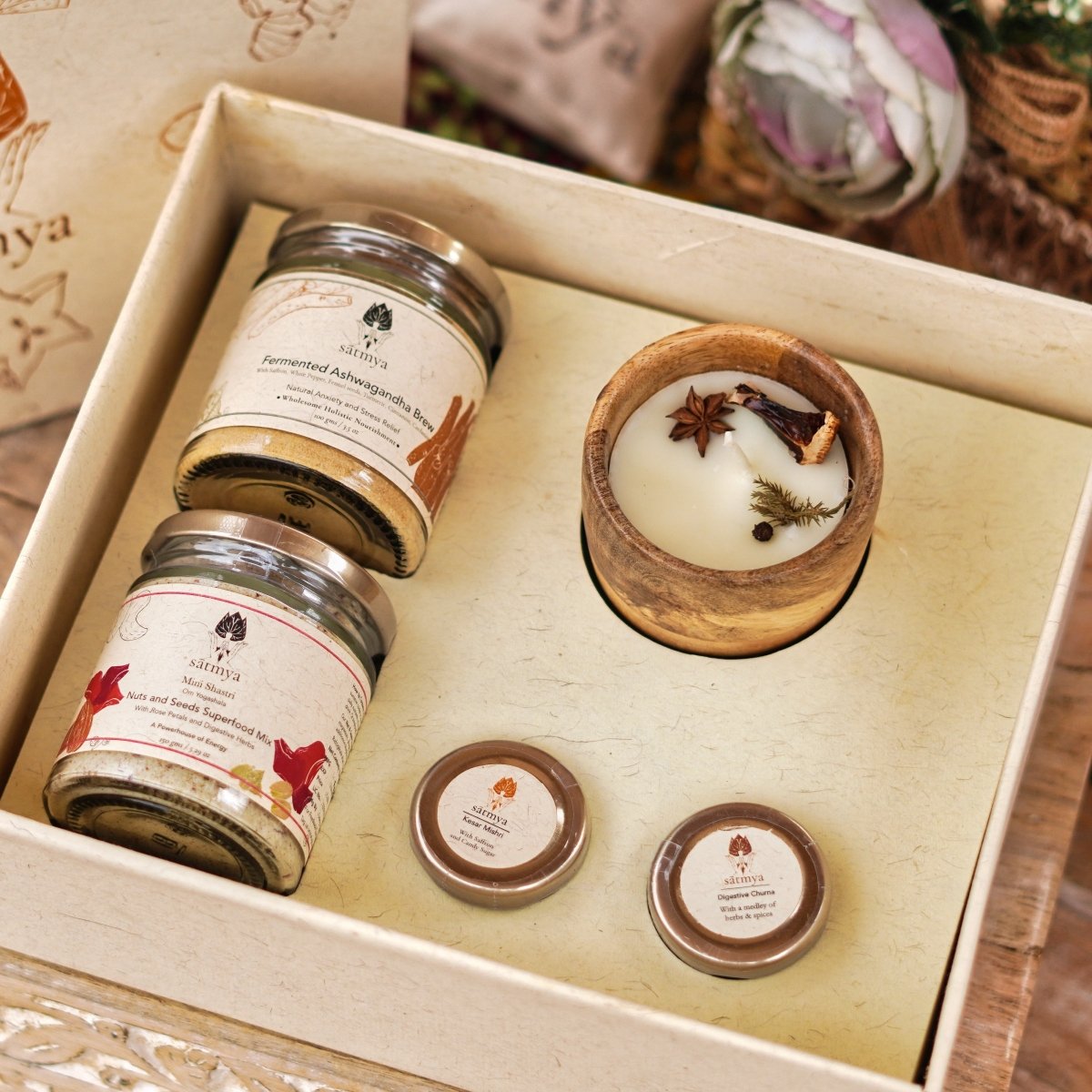
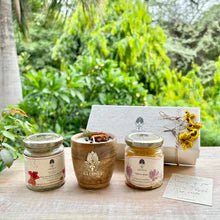
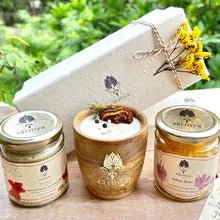
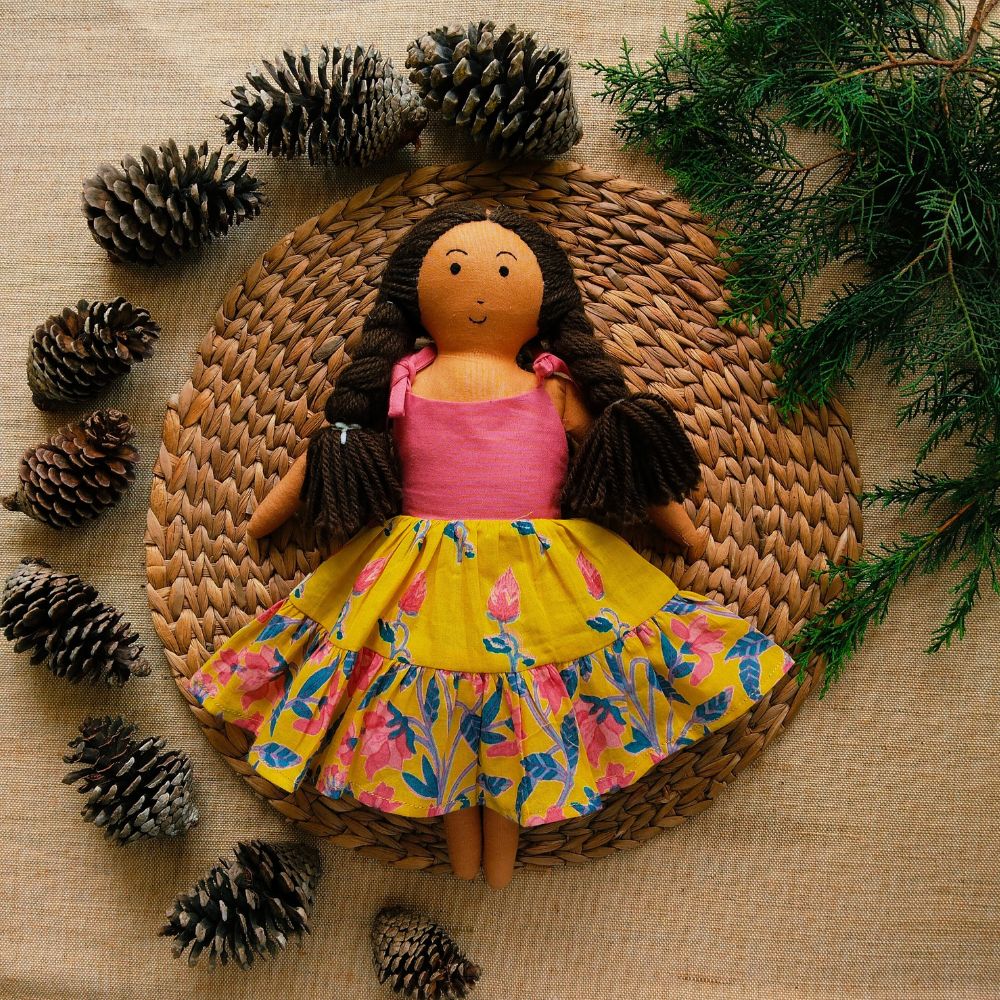
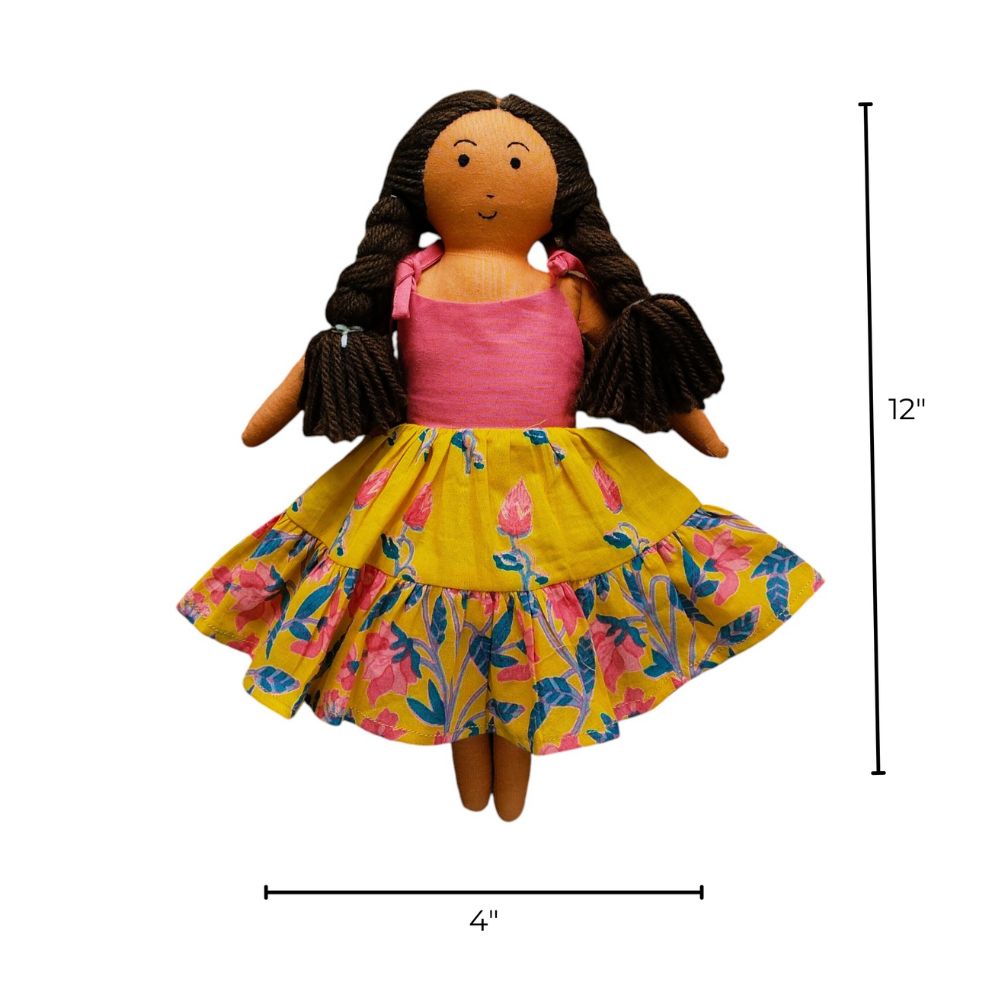
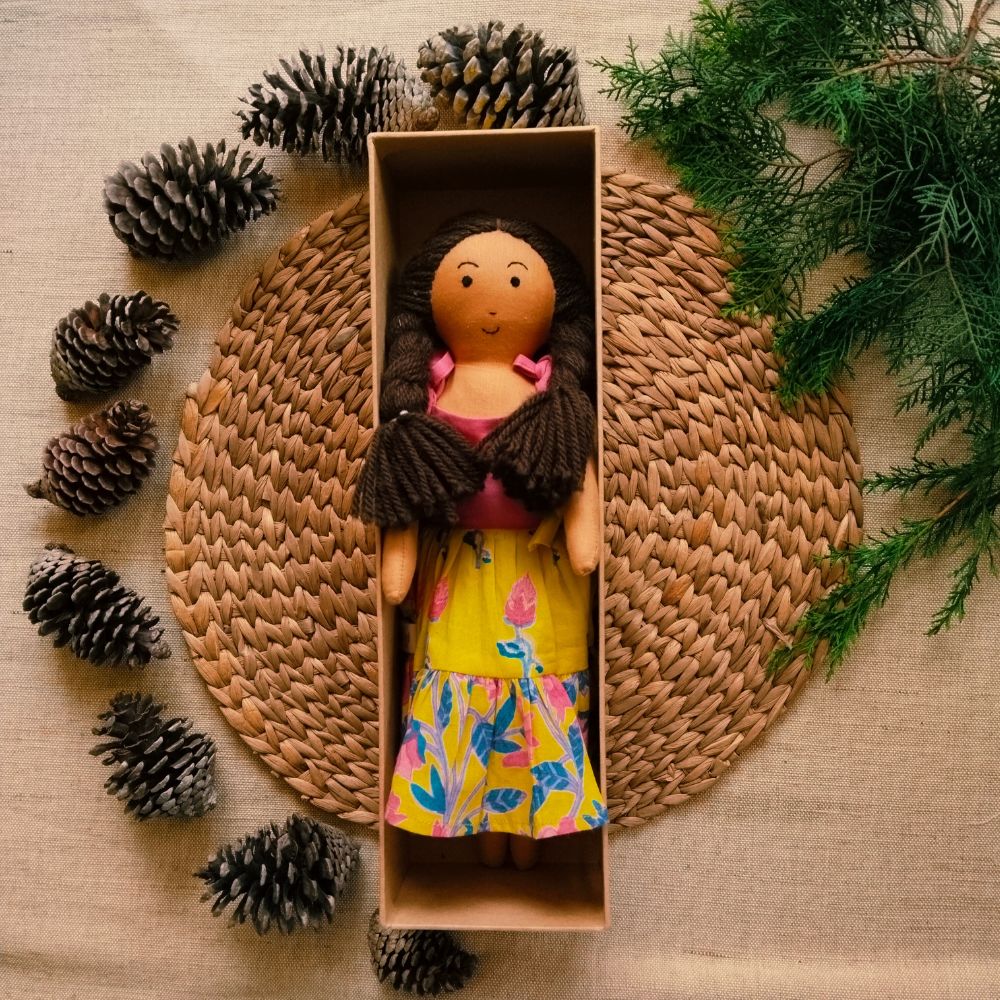
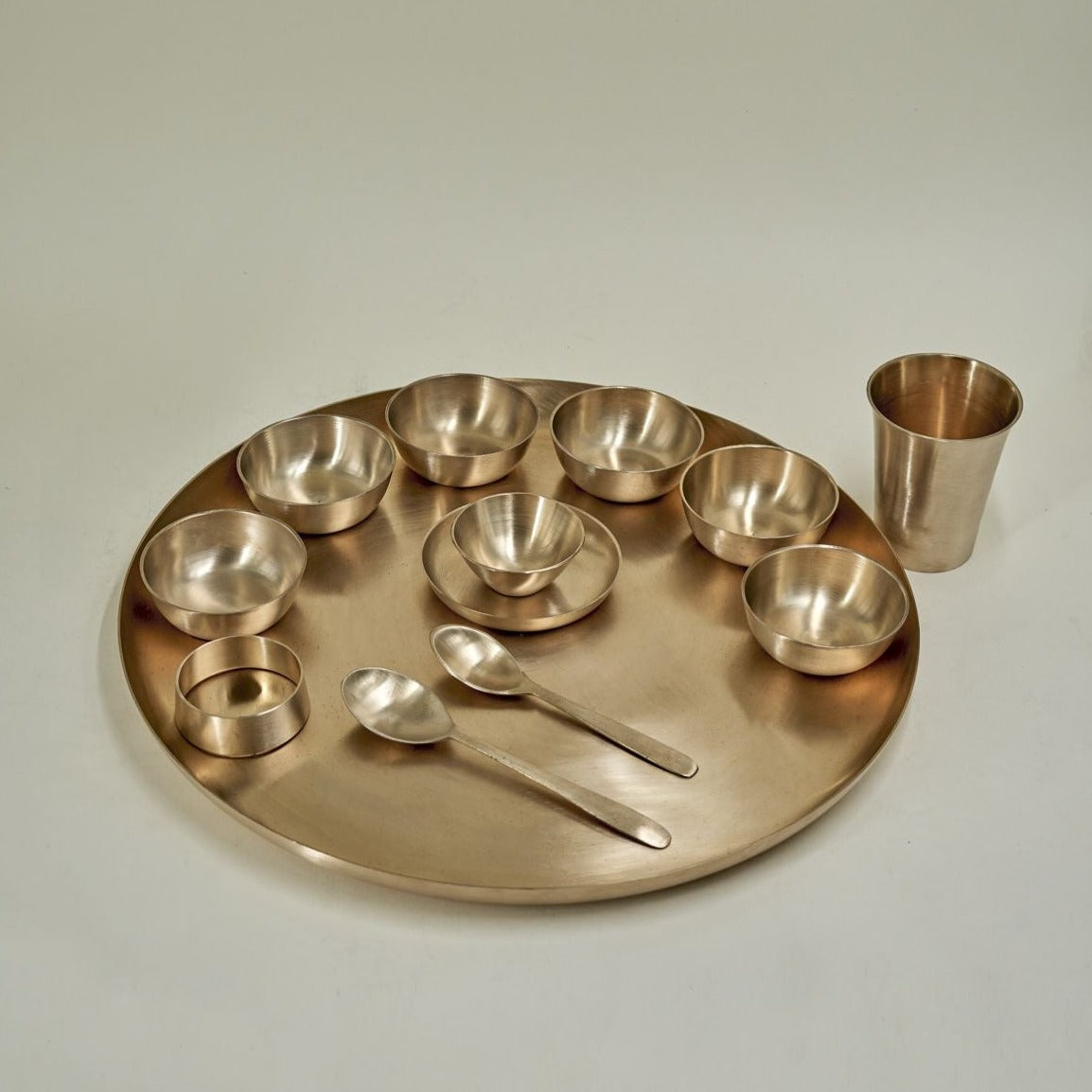
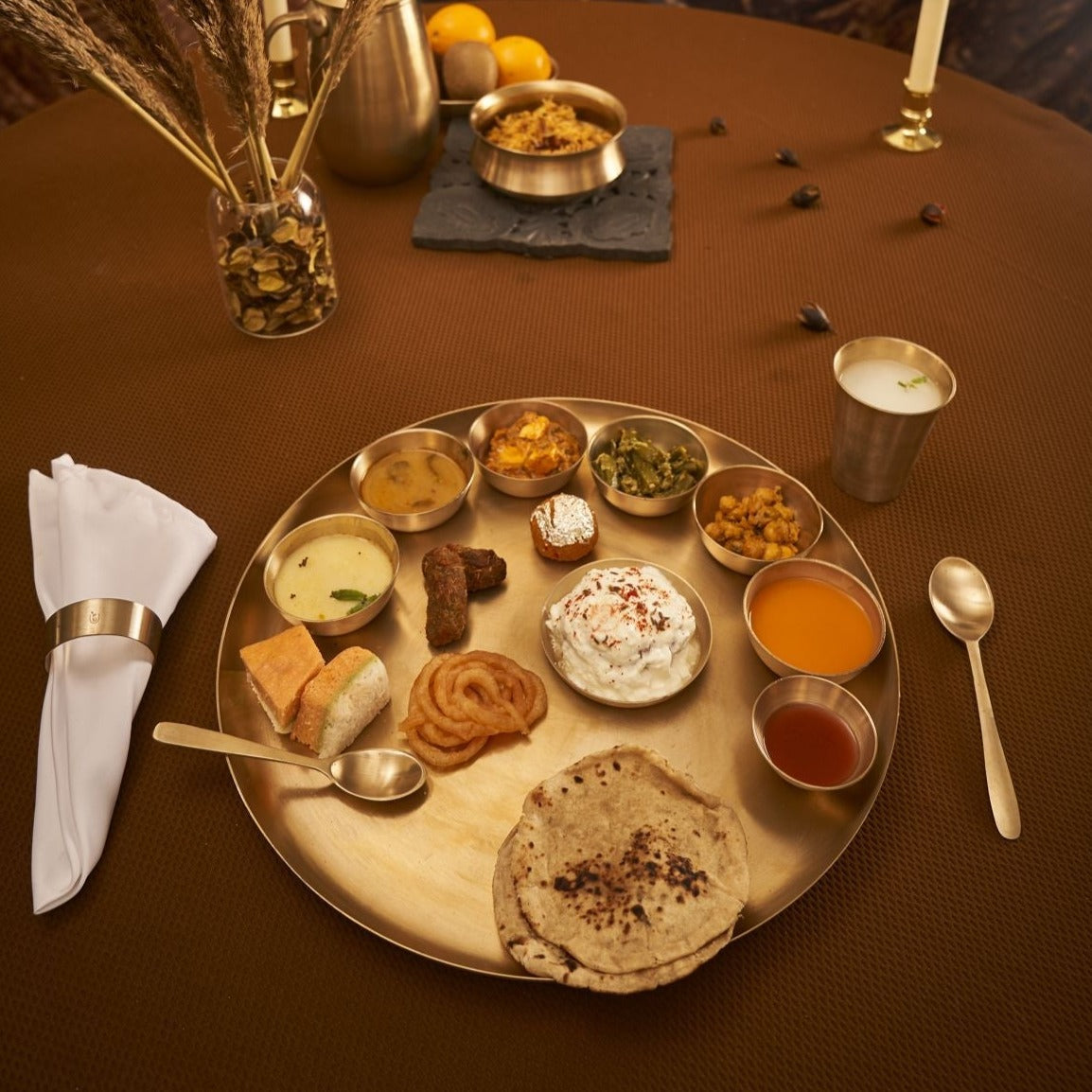
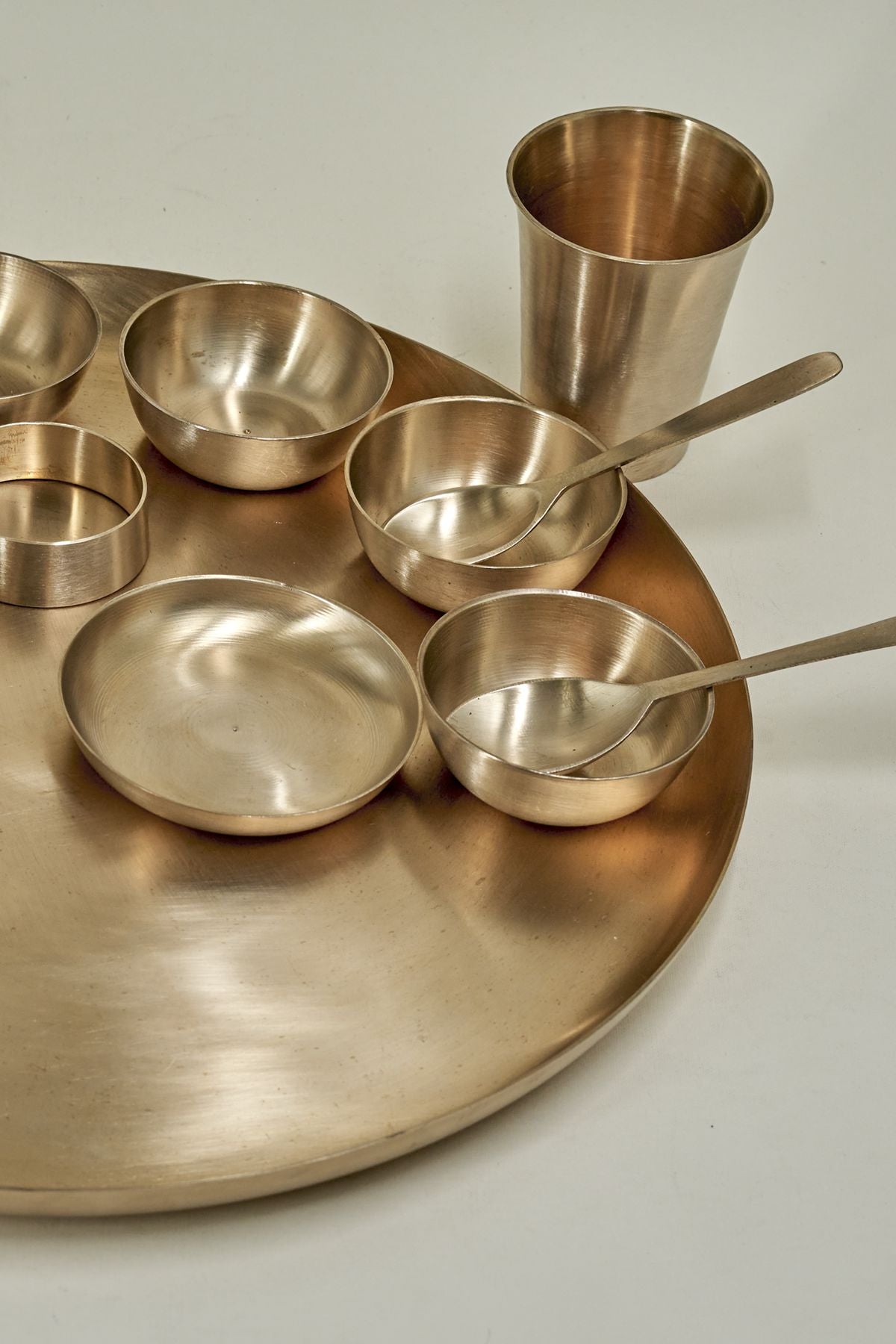
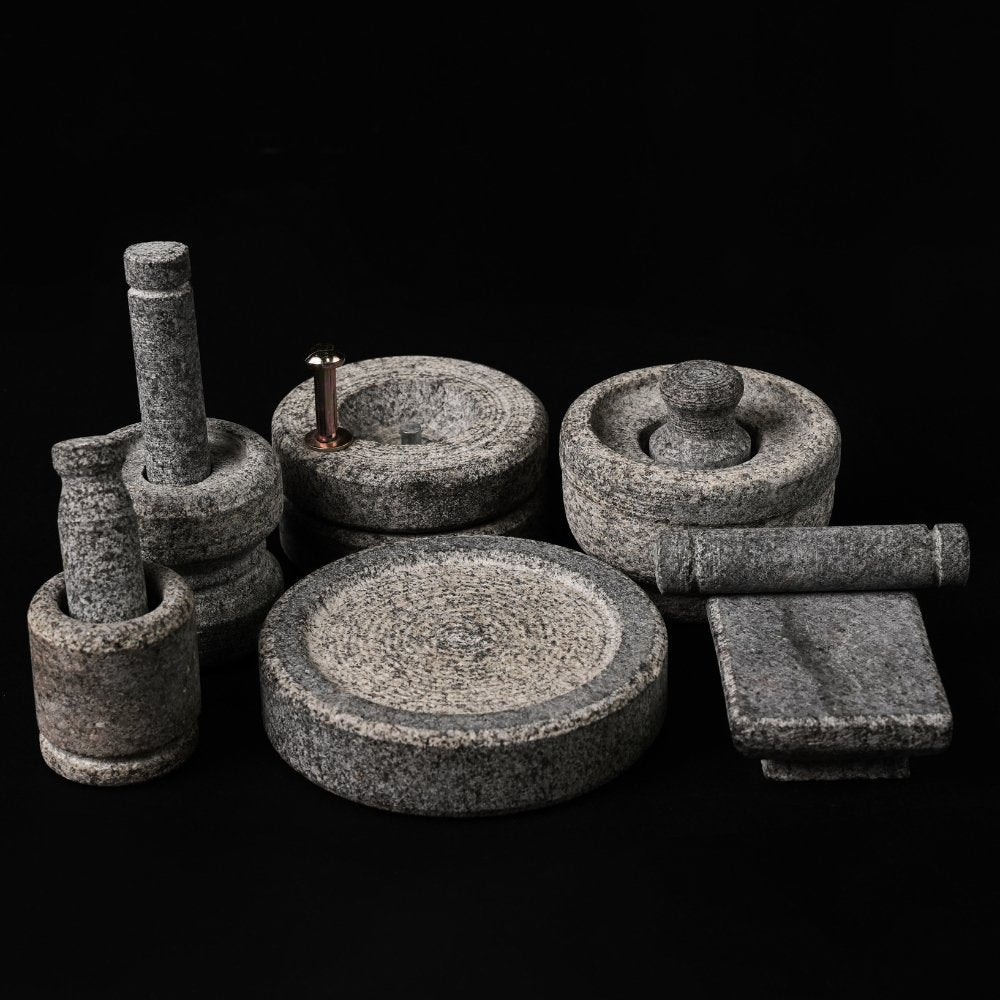




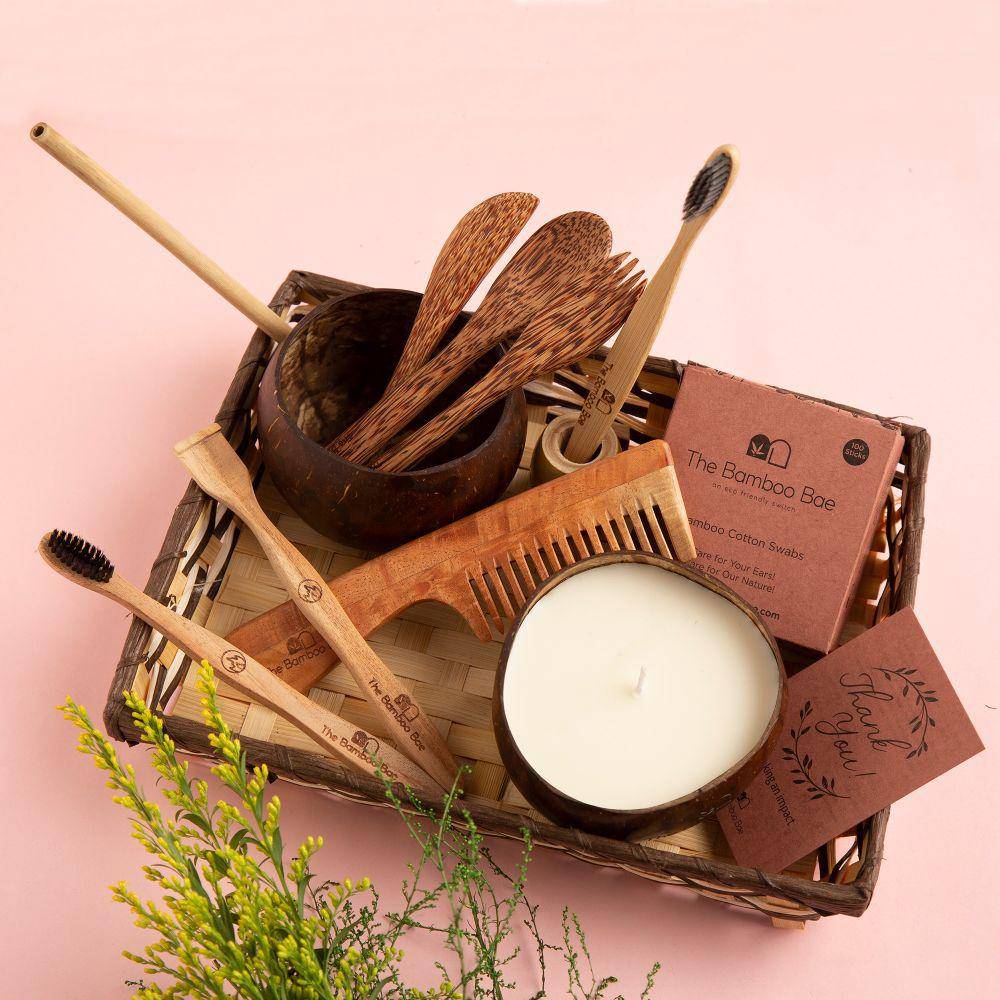
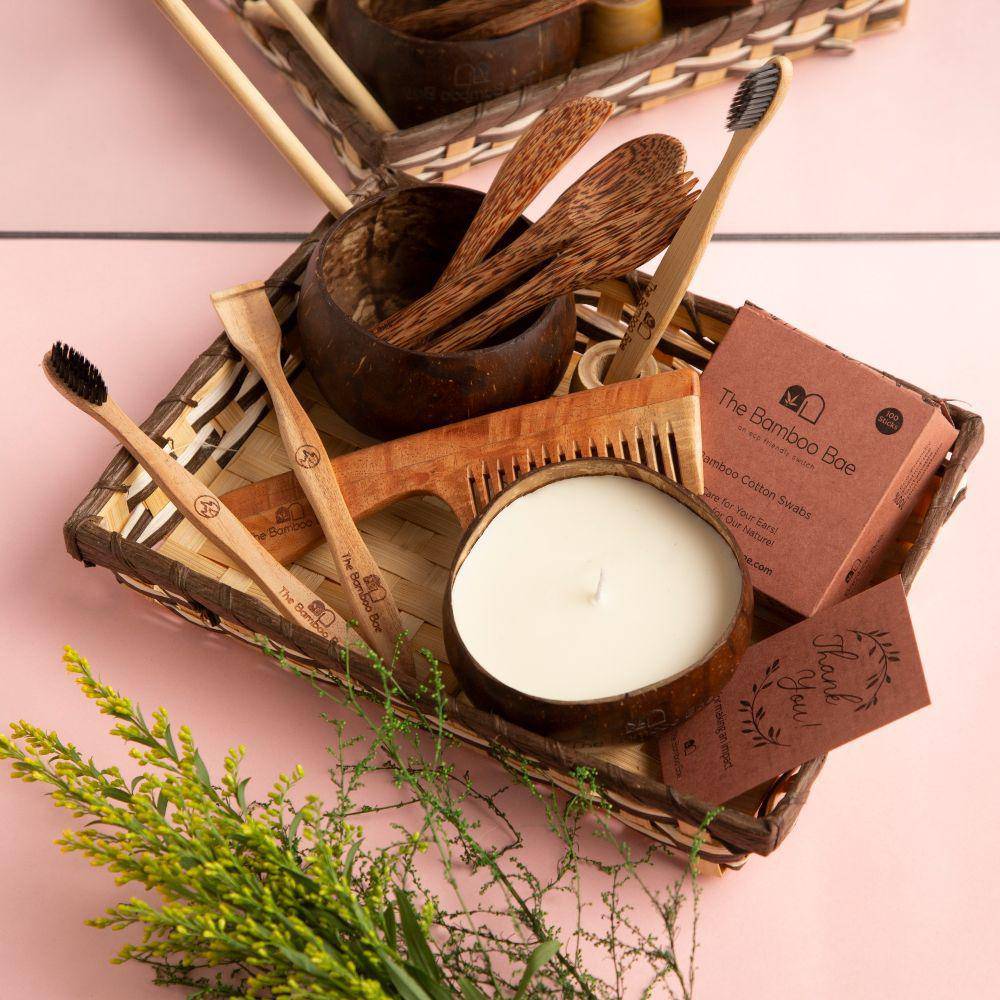
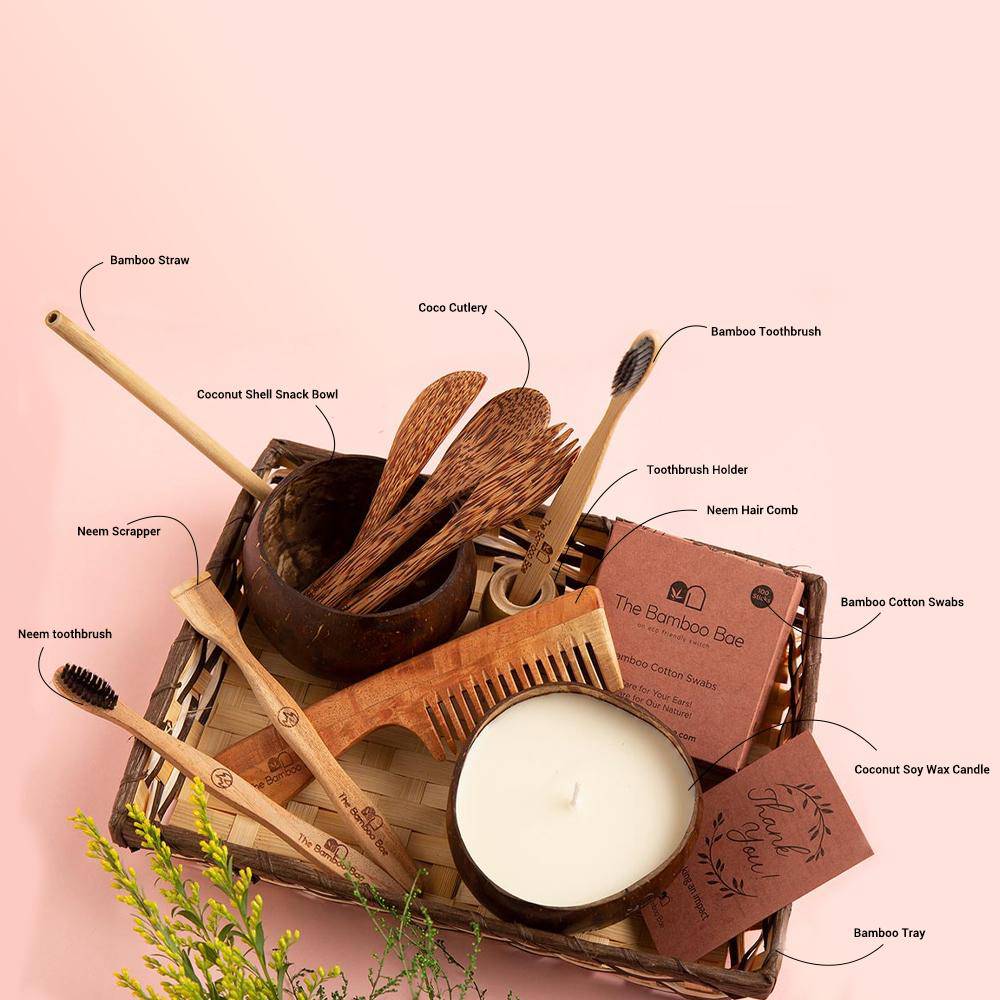
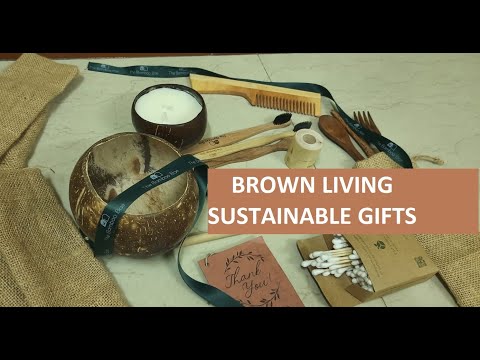
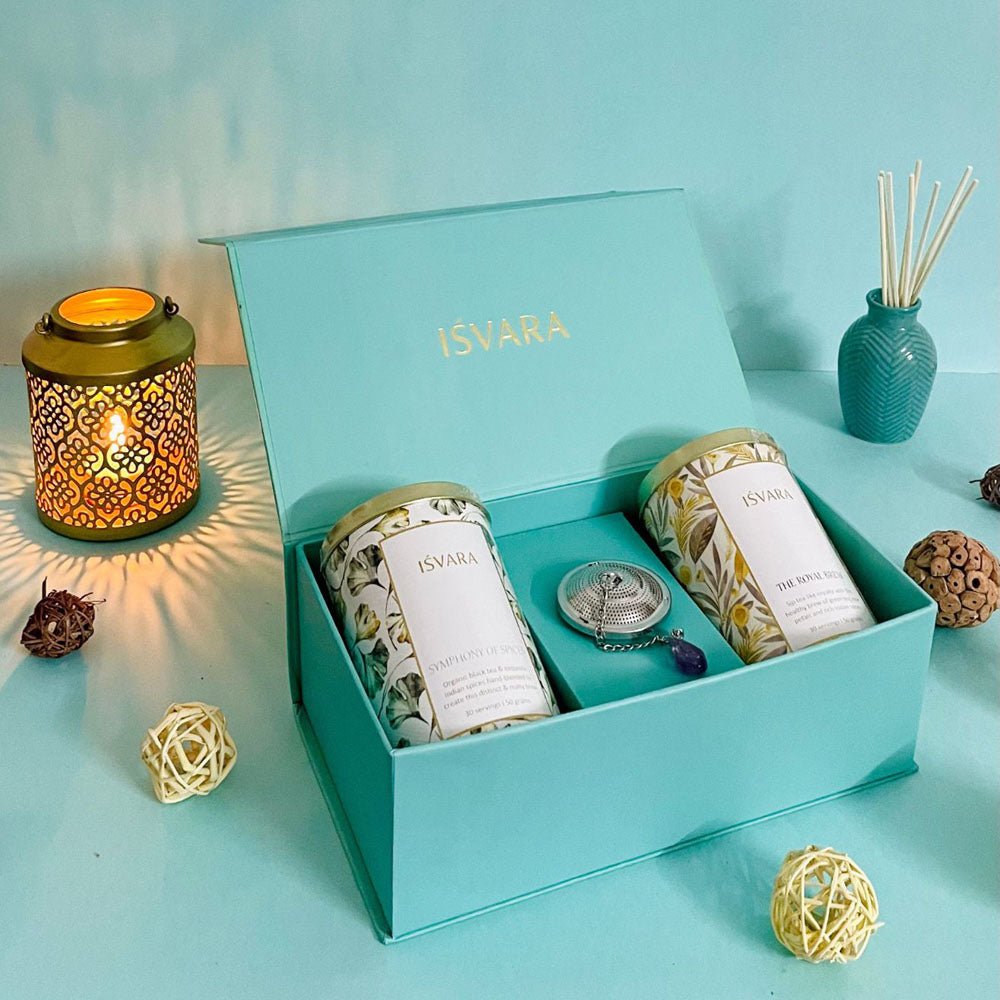
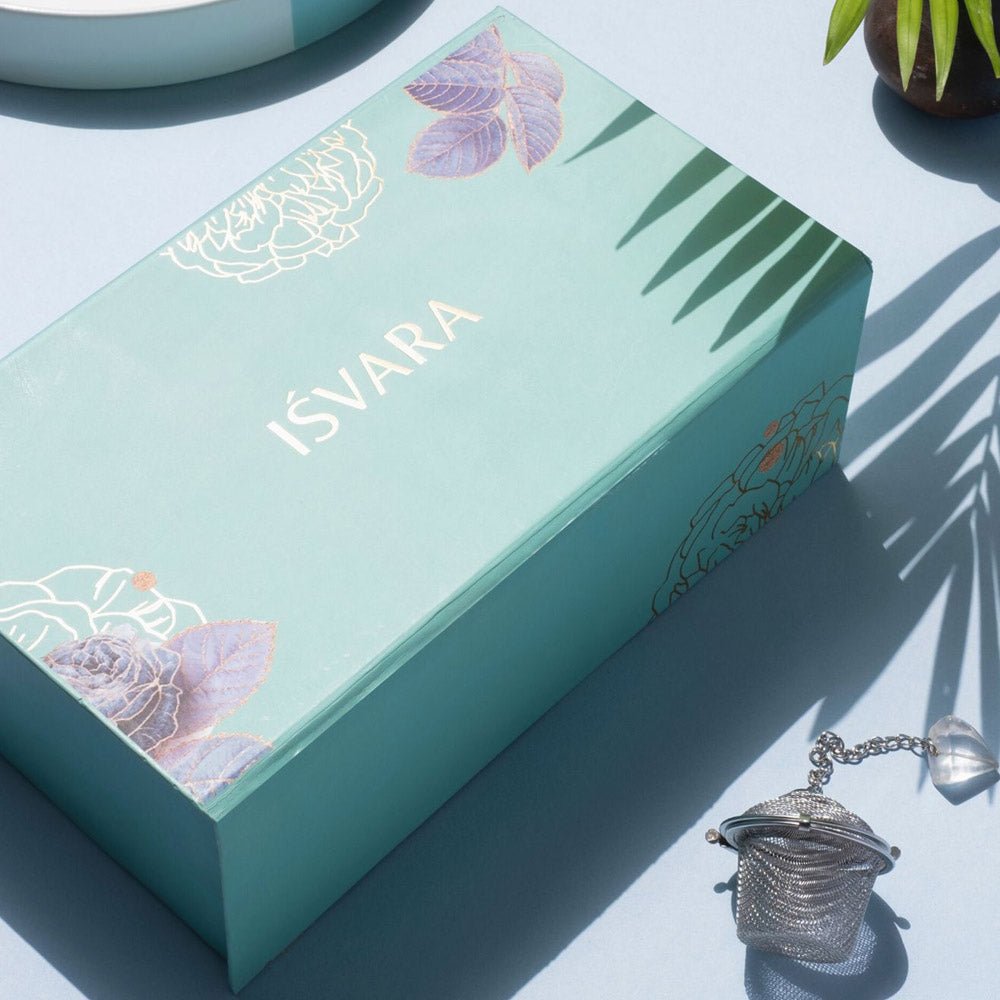
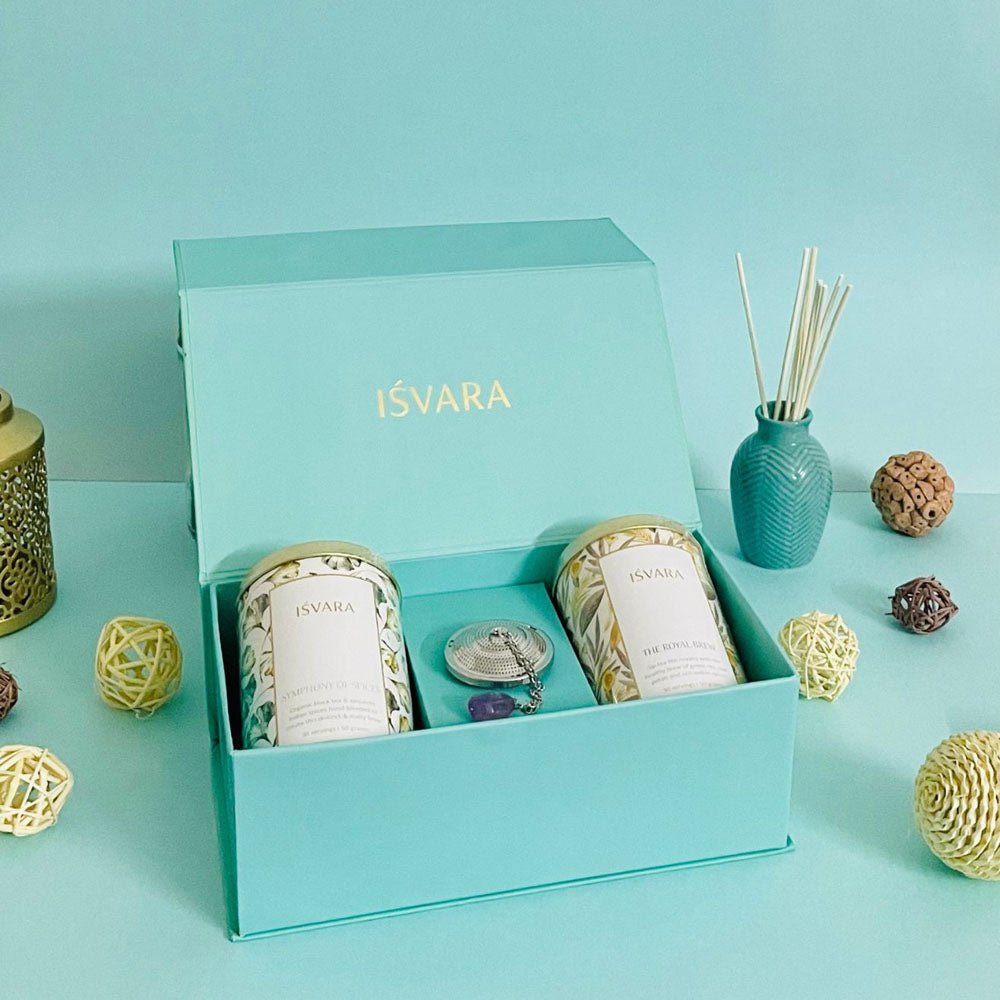
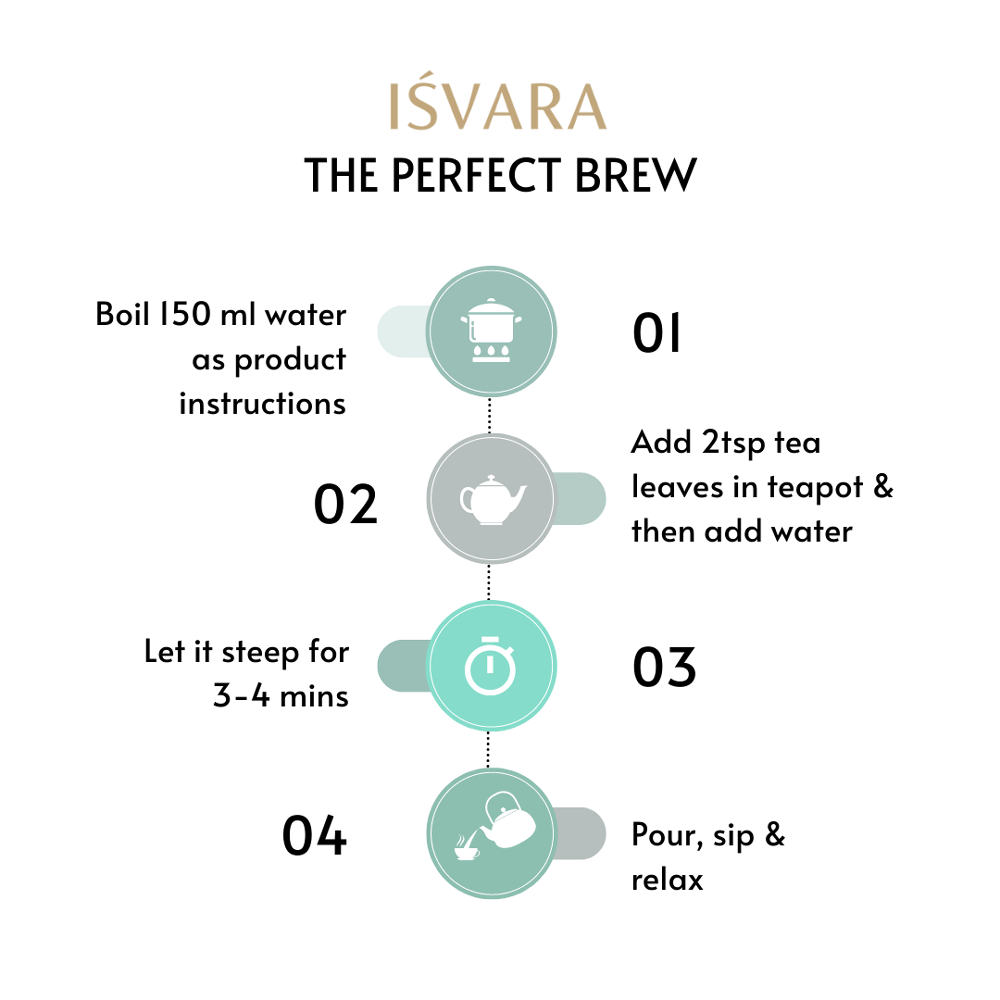
Share:
The Shocking Truth About Plastic Toothbrushes: Why It's Time to Switch to Bamboo
How Plastic Straws Are Harming the Ocean and How to Stop Them